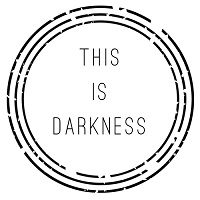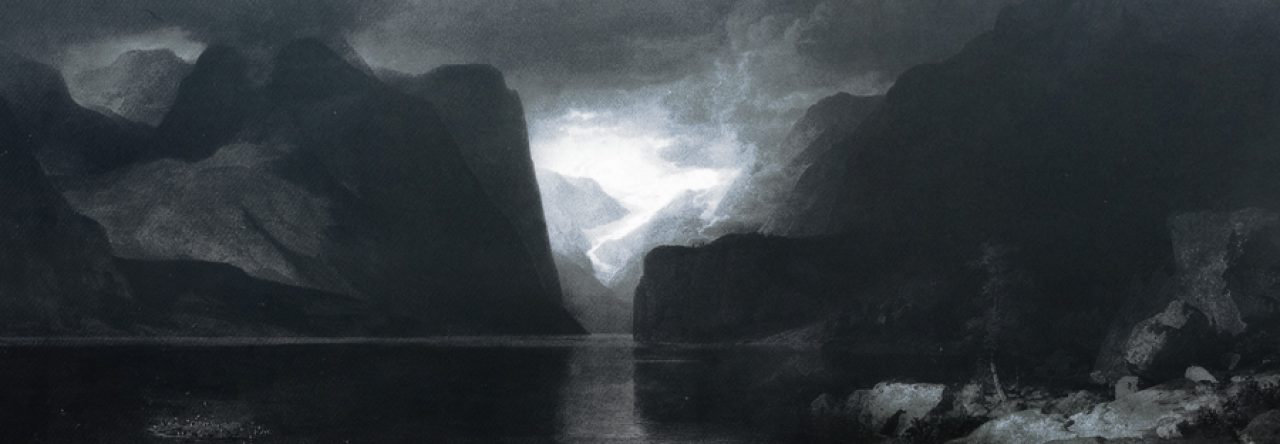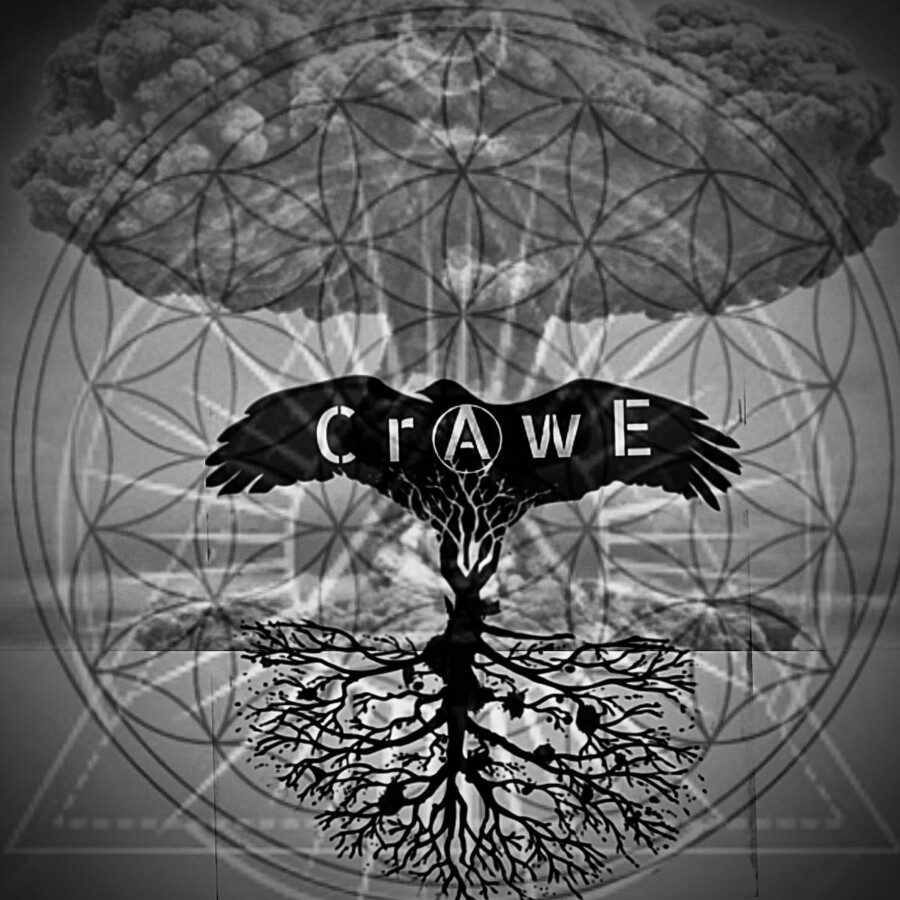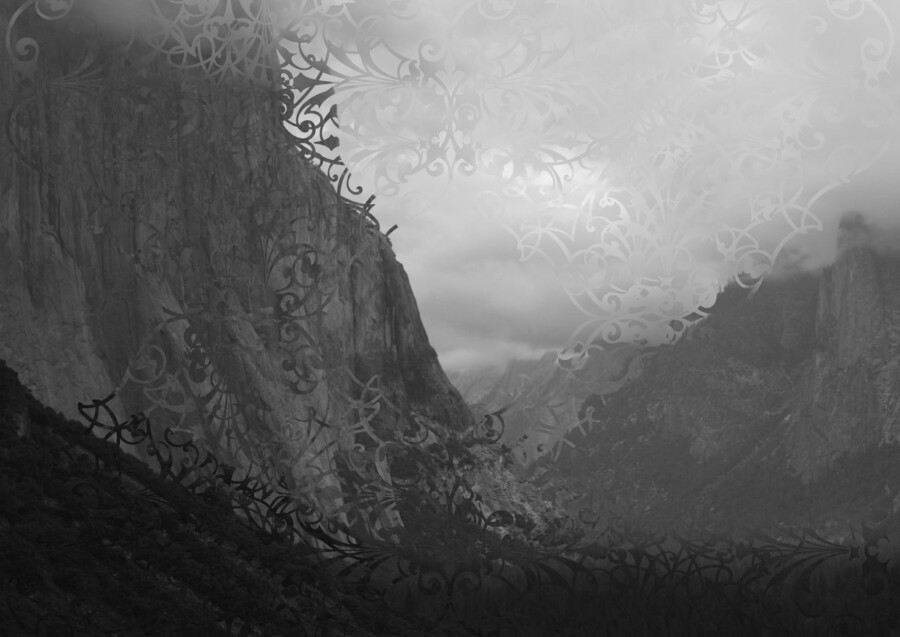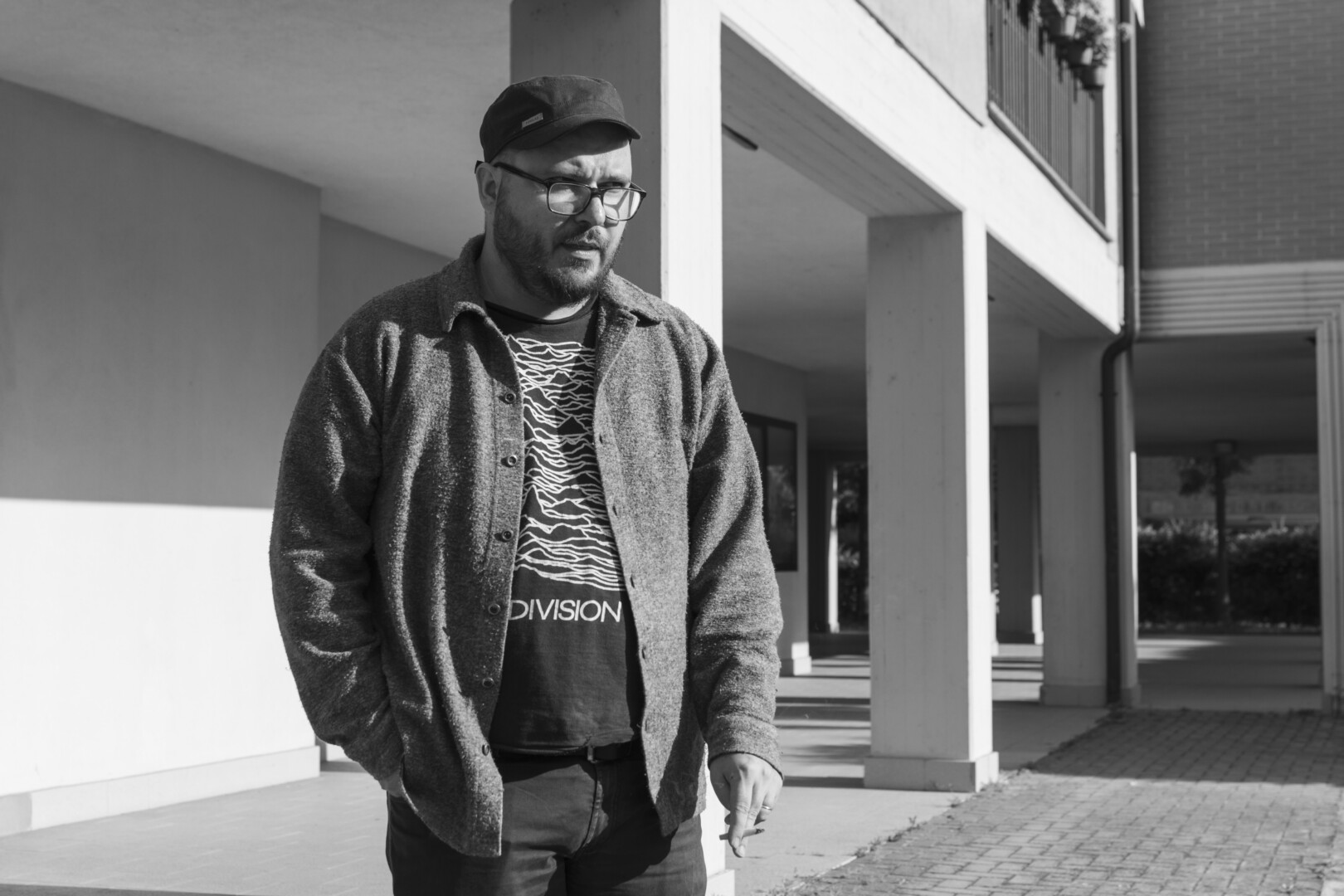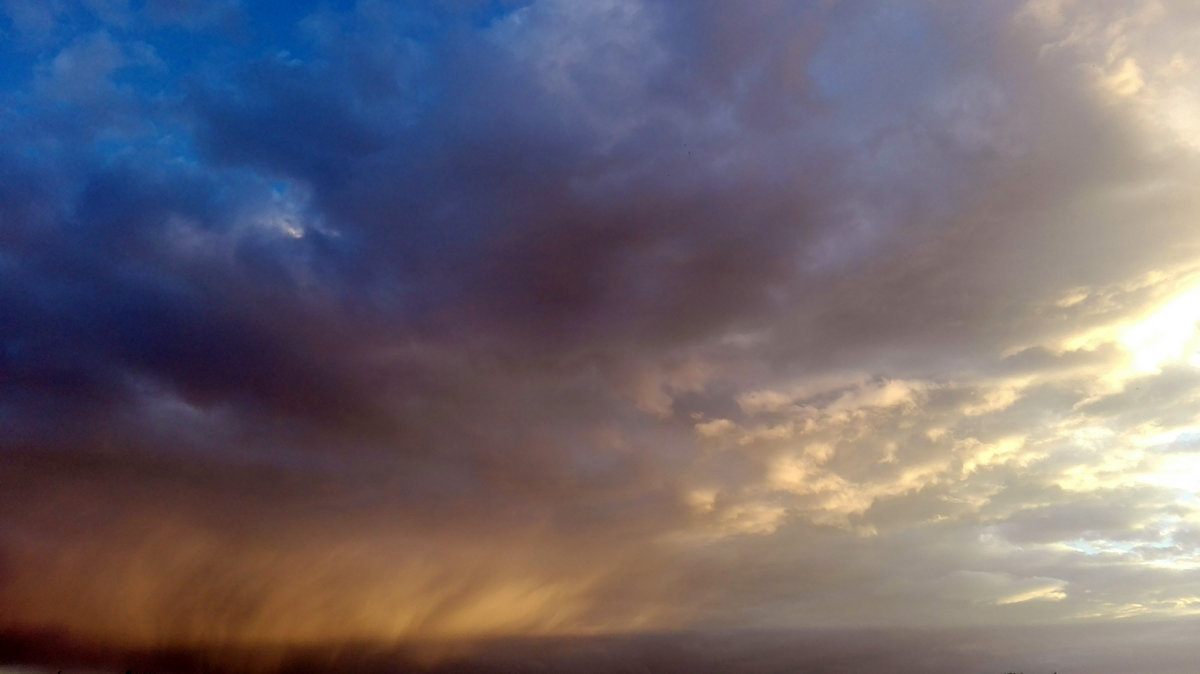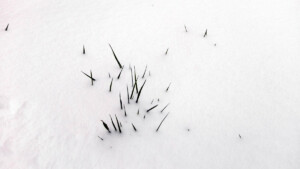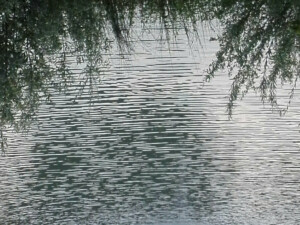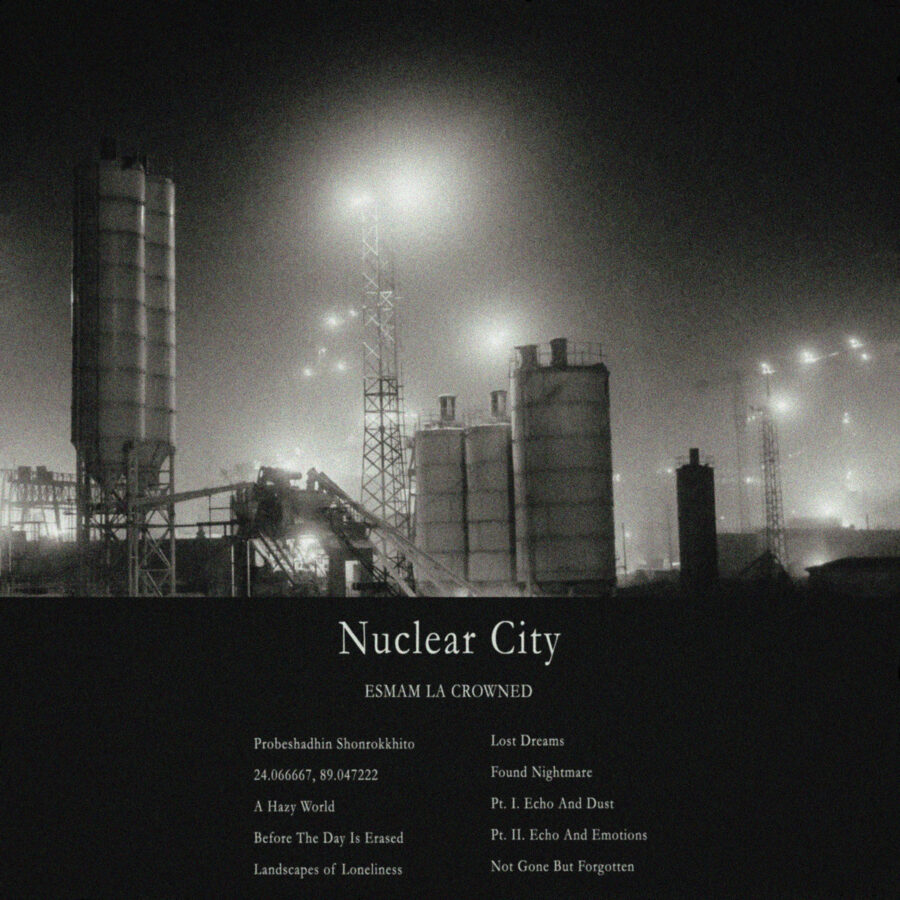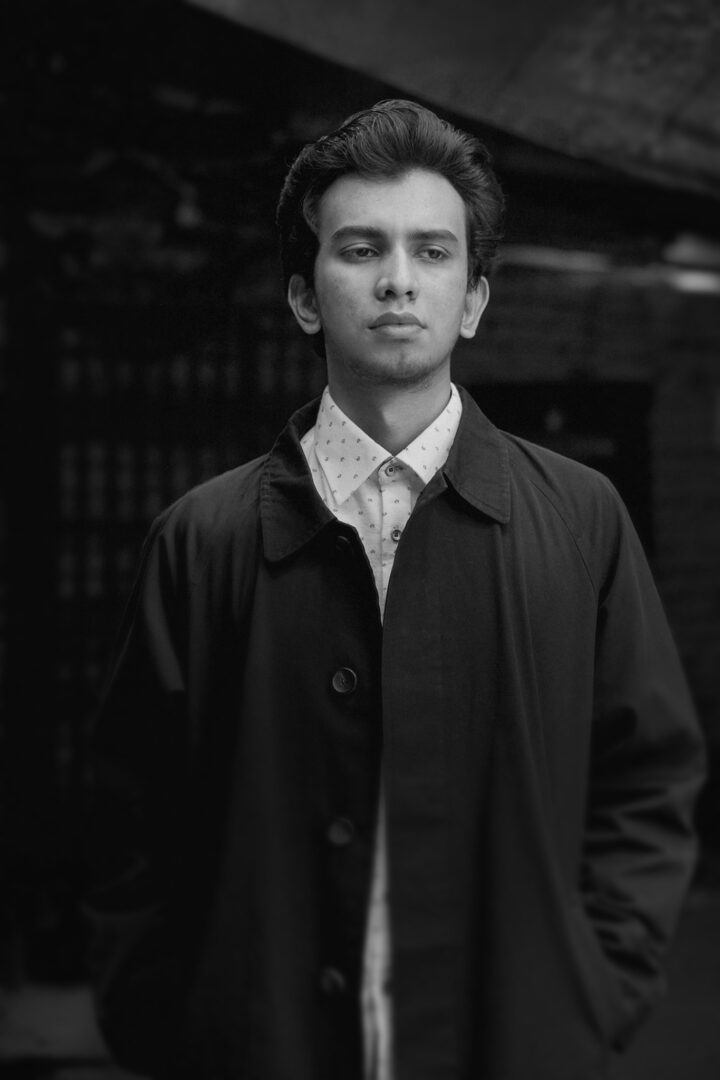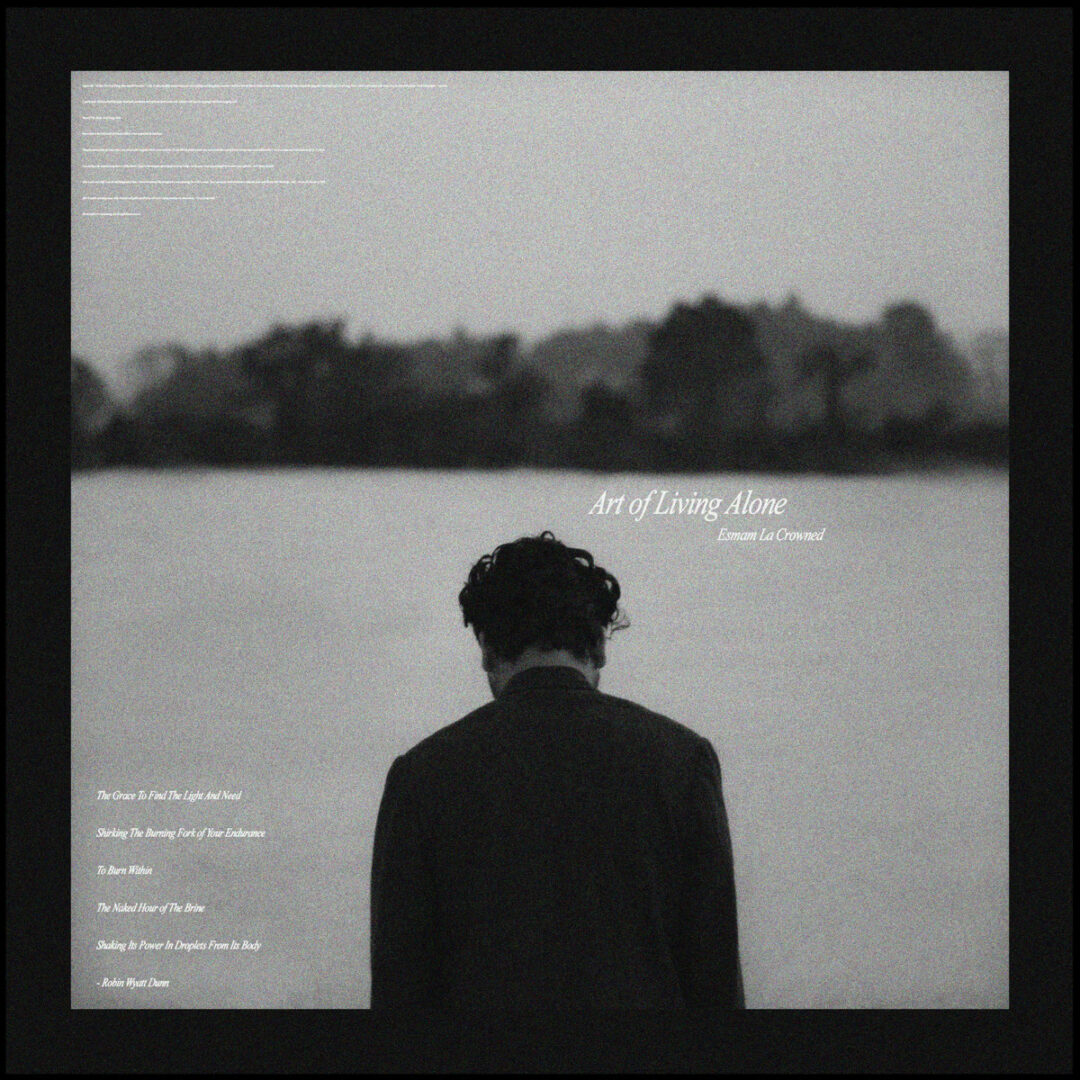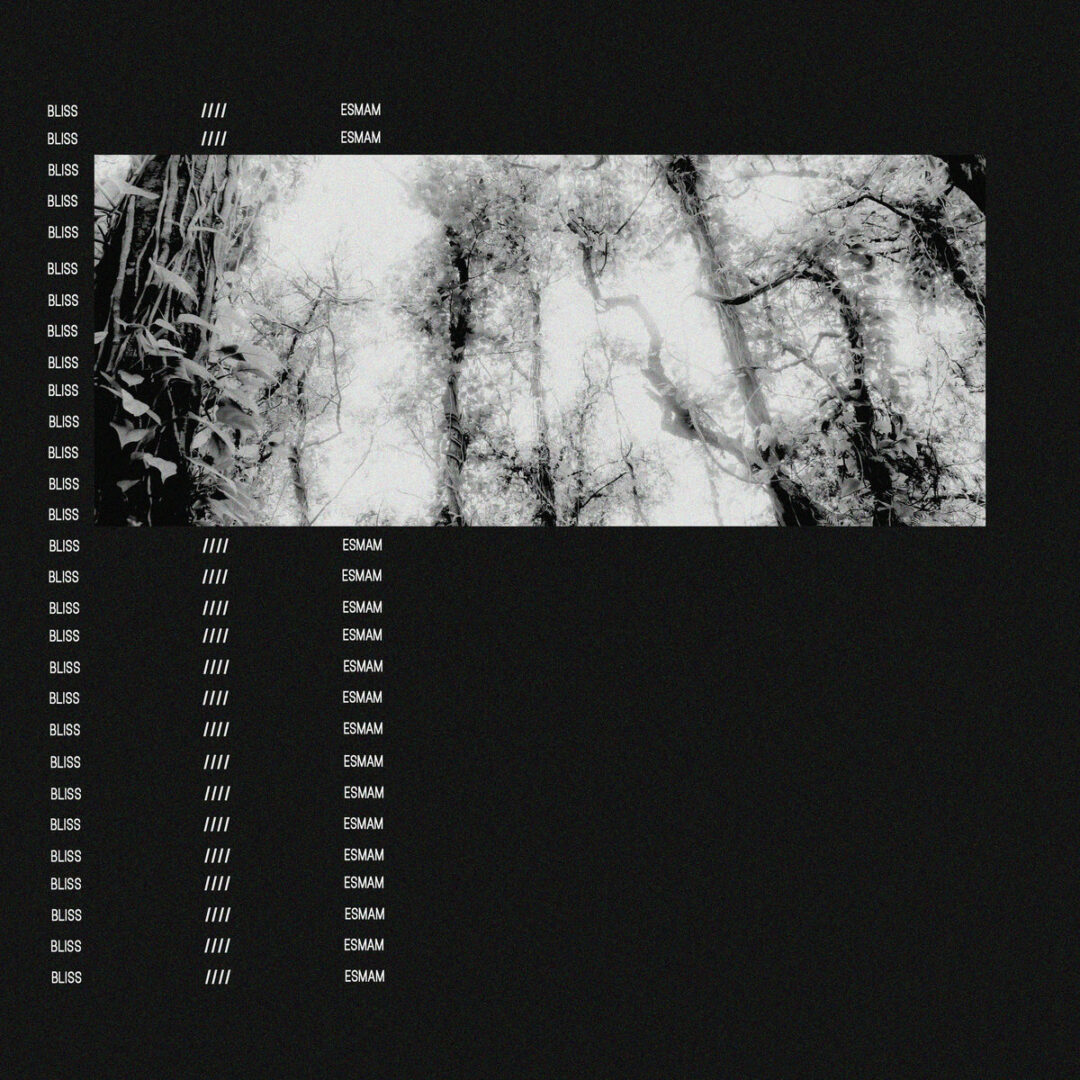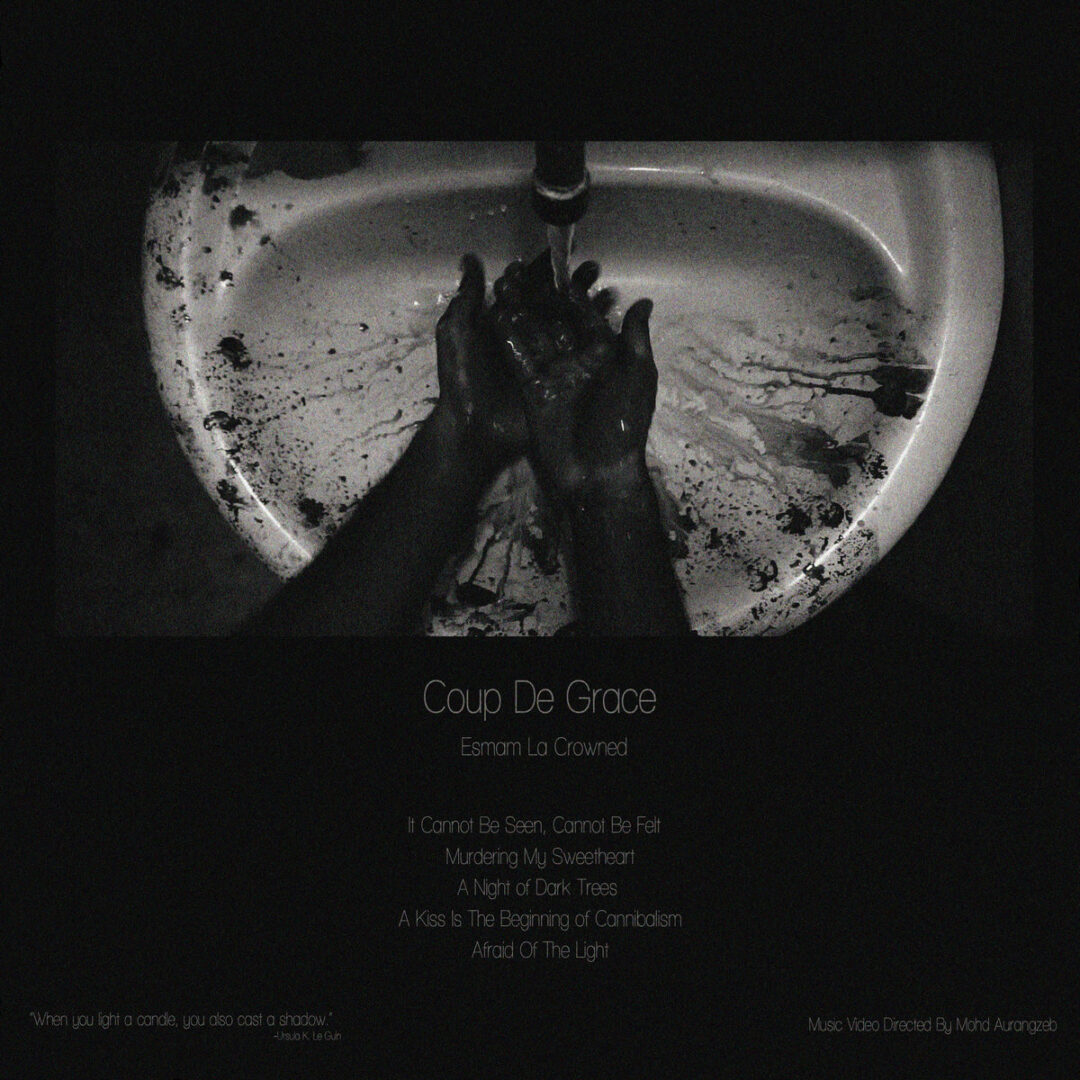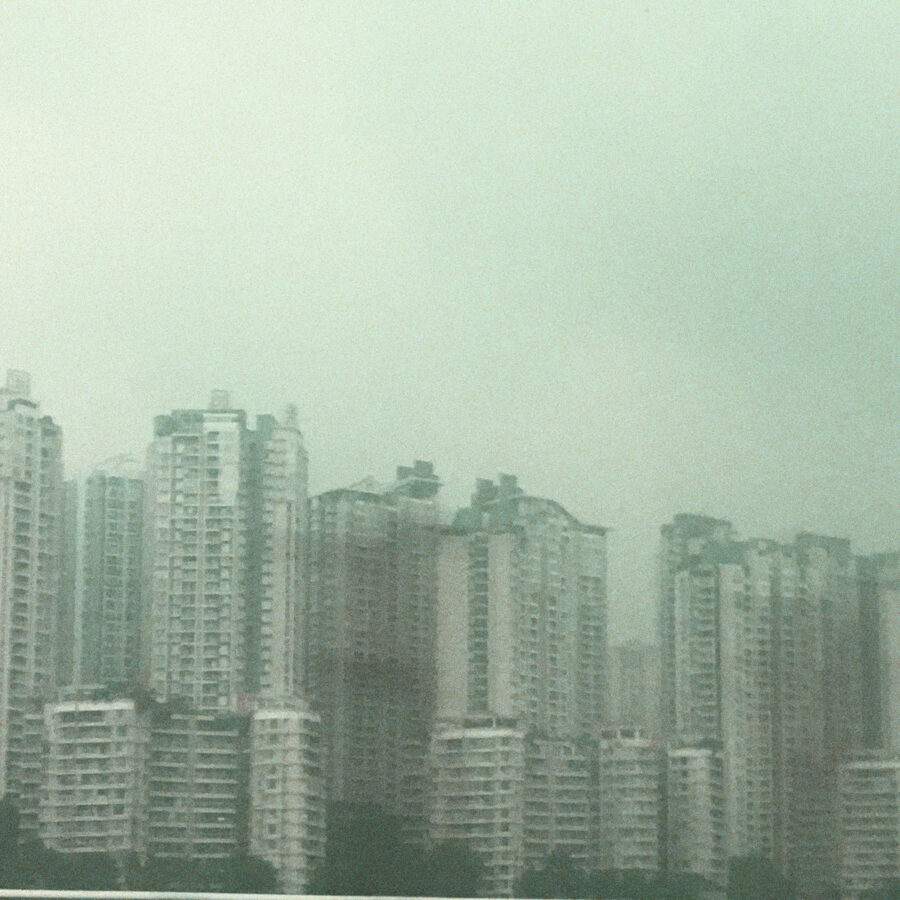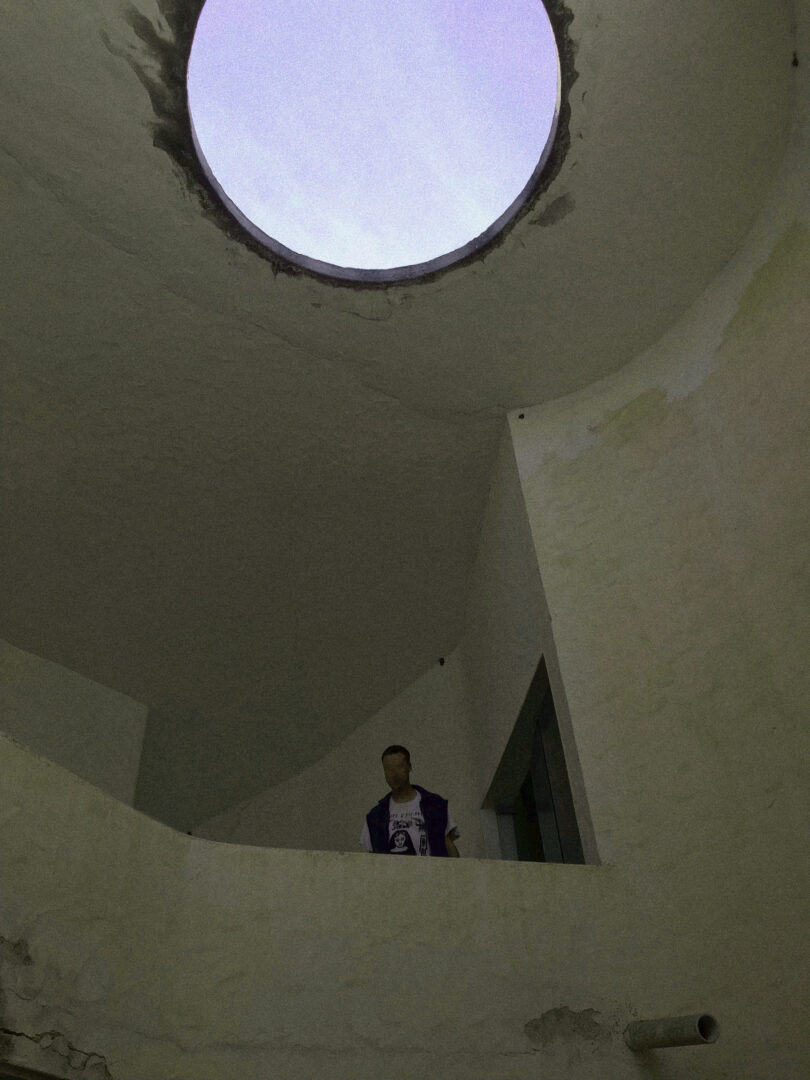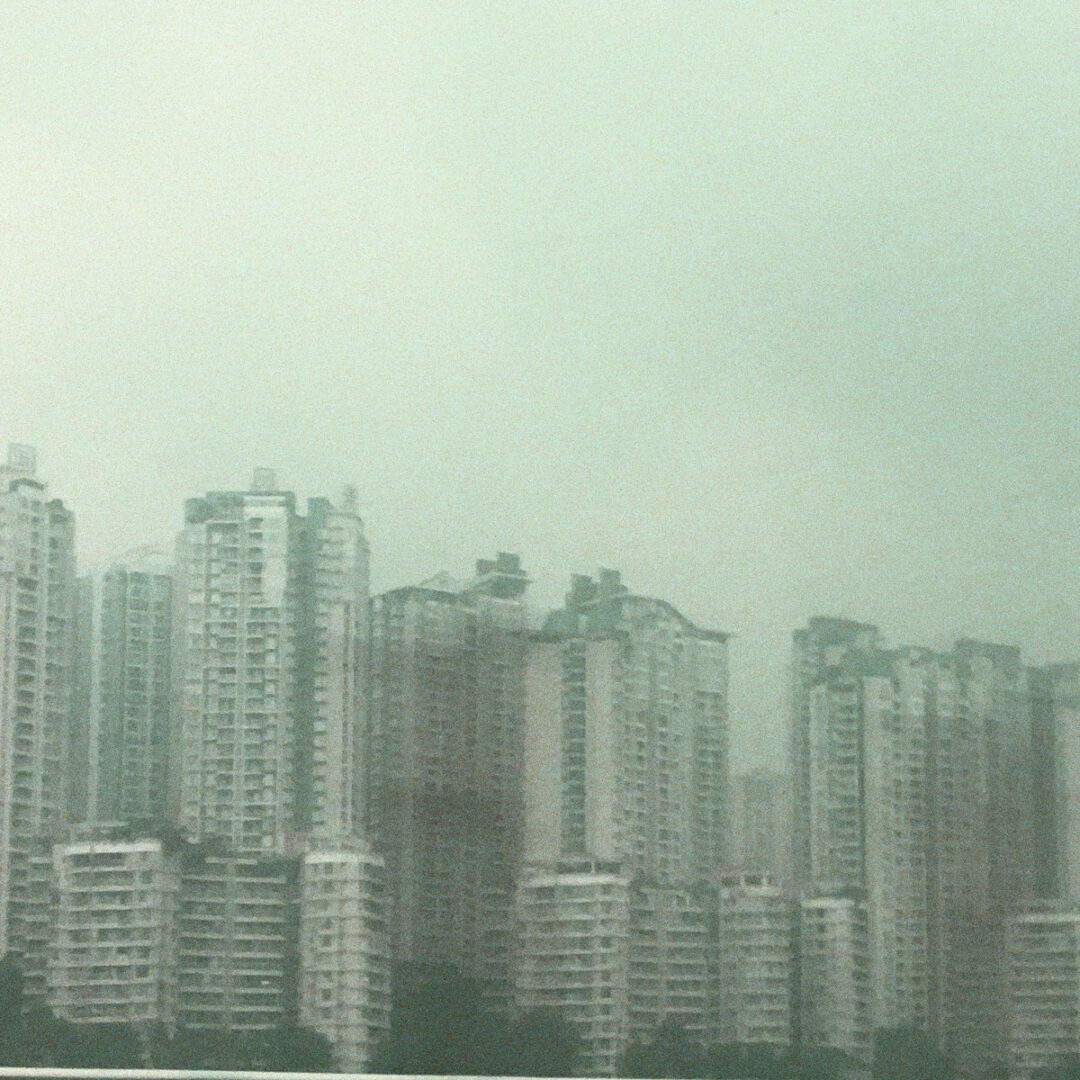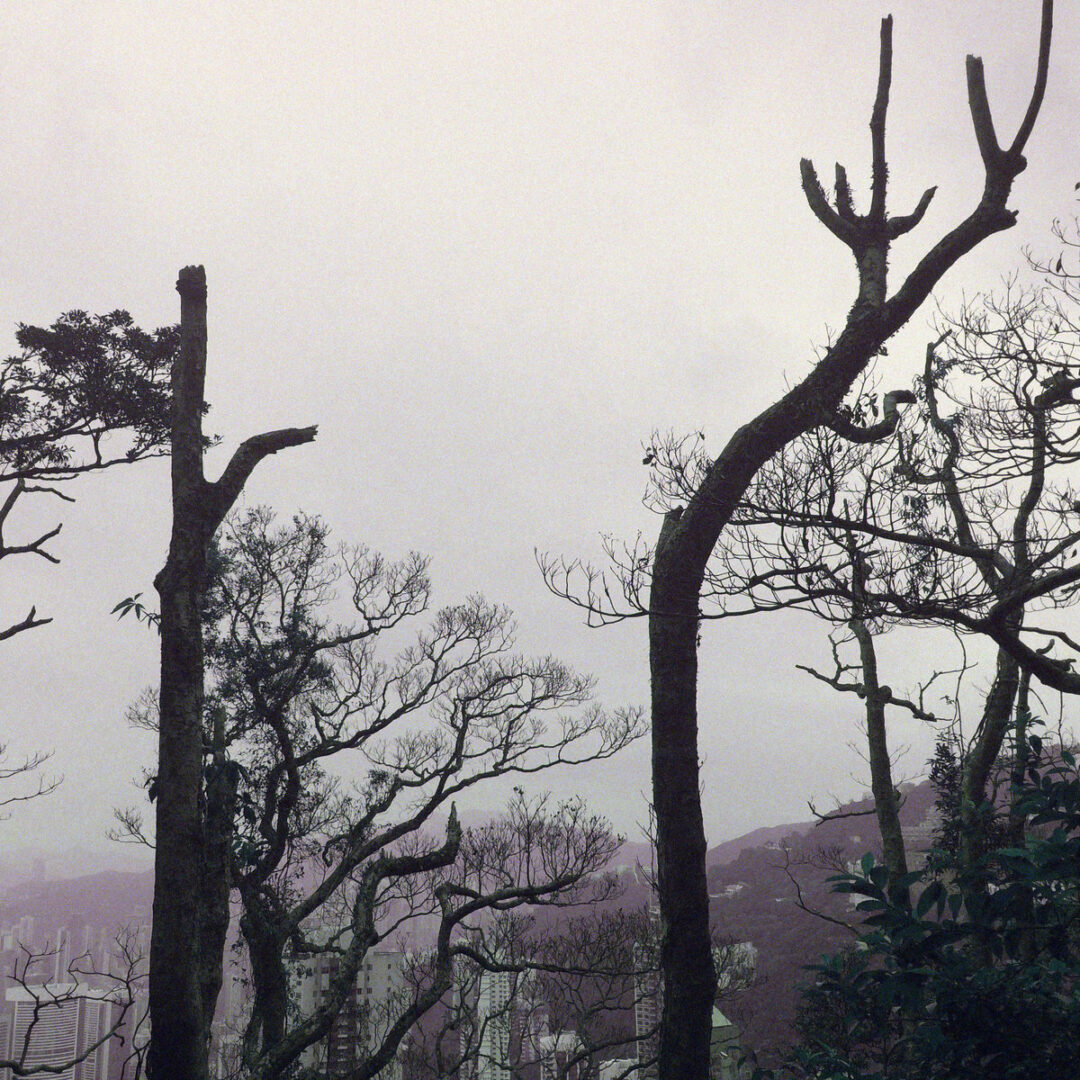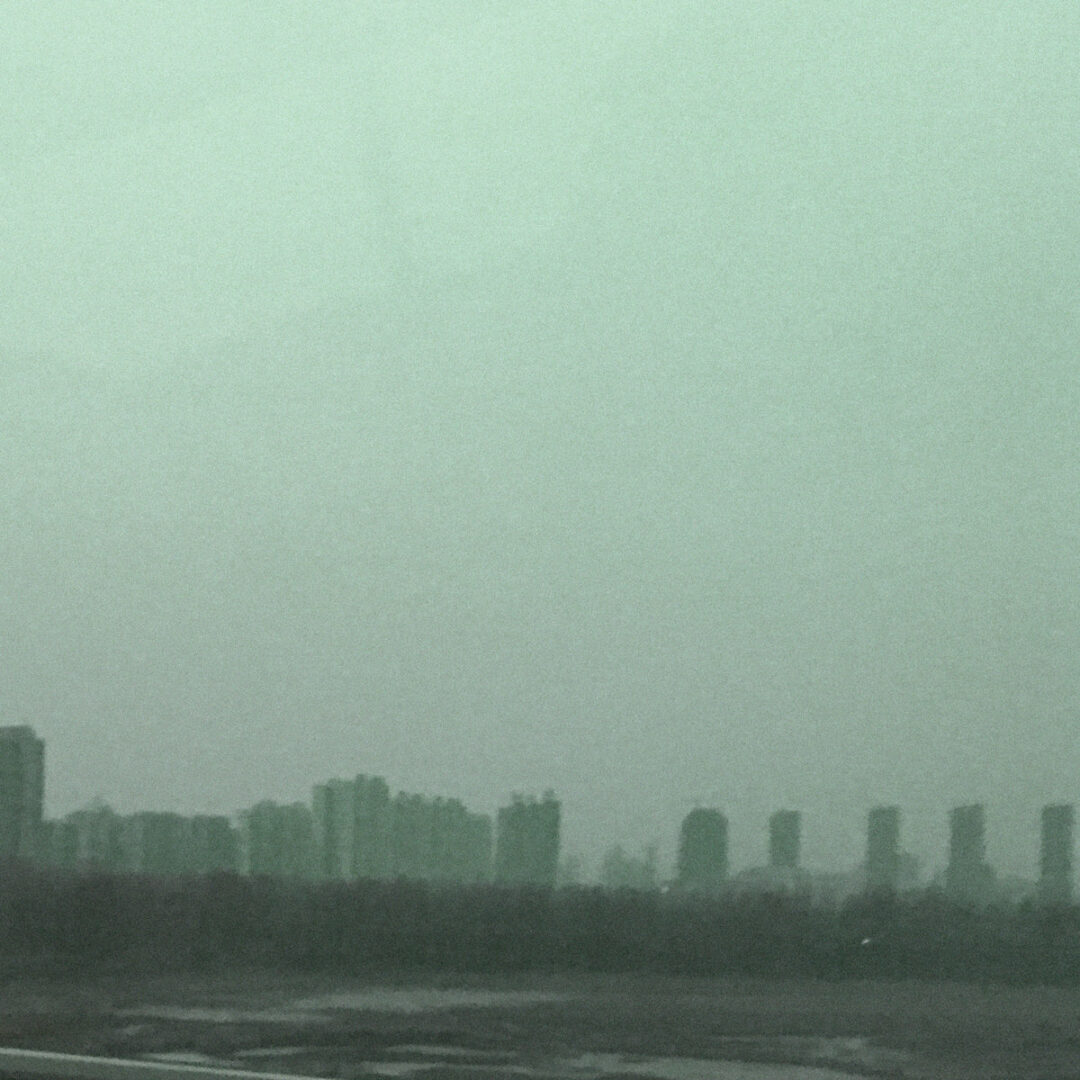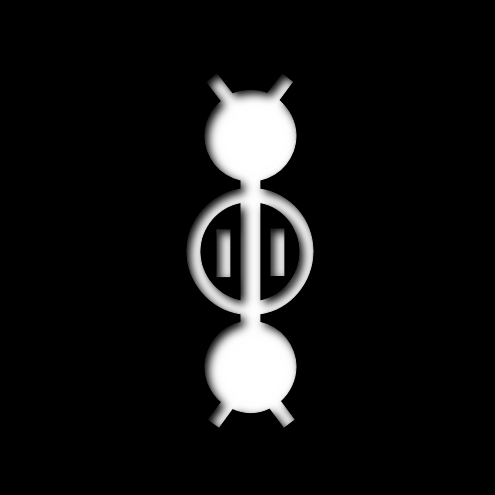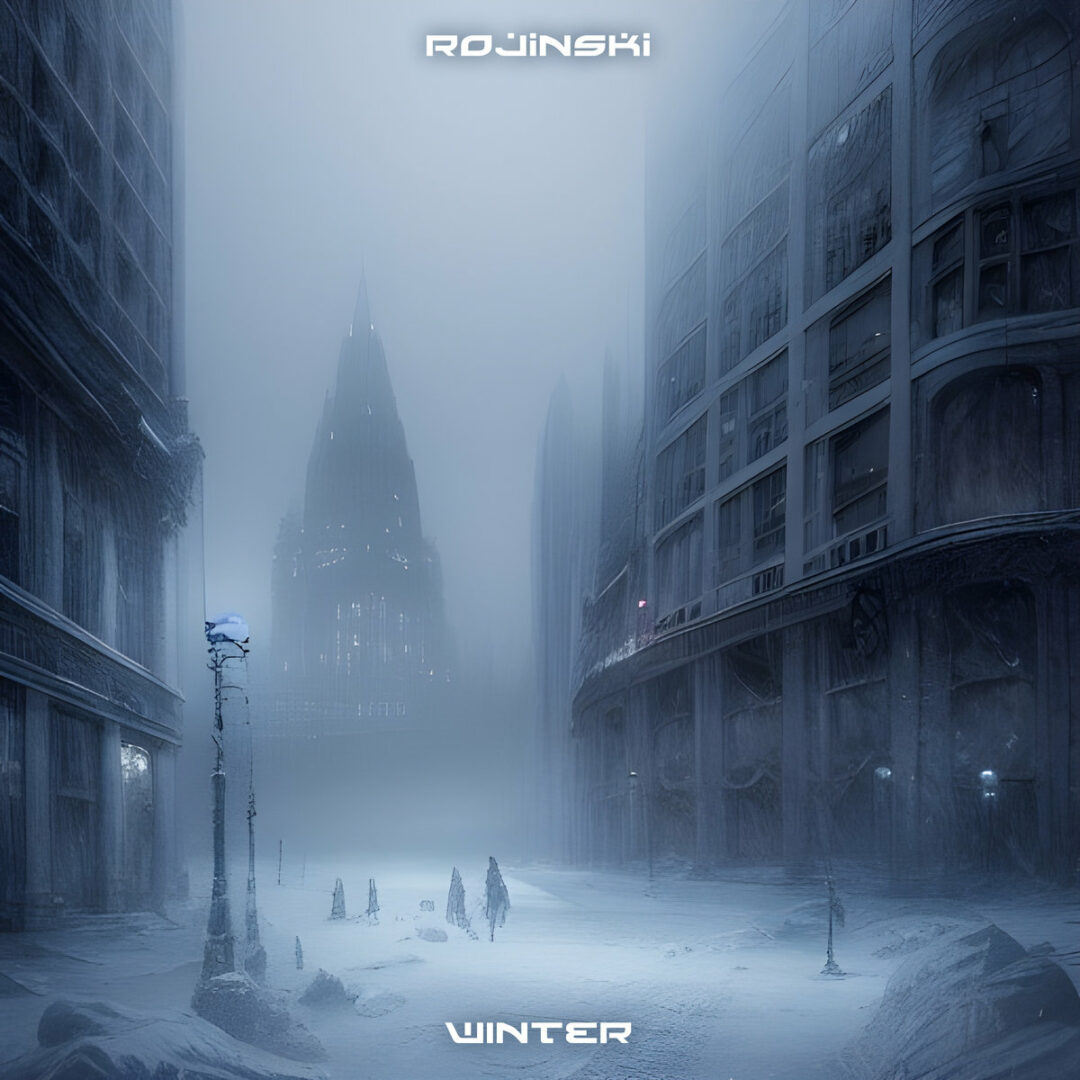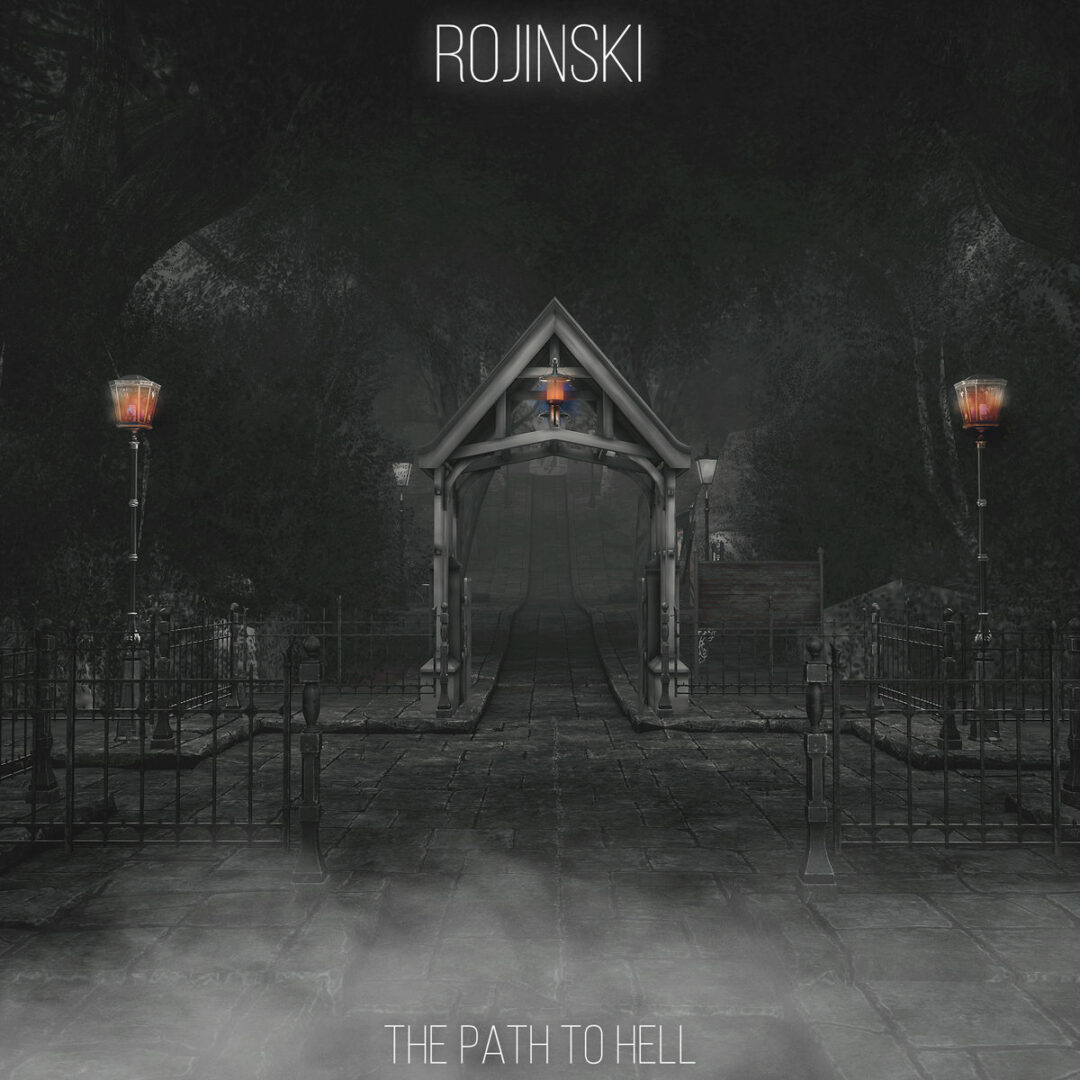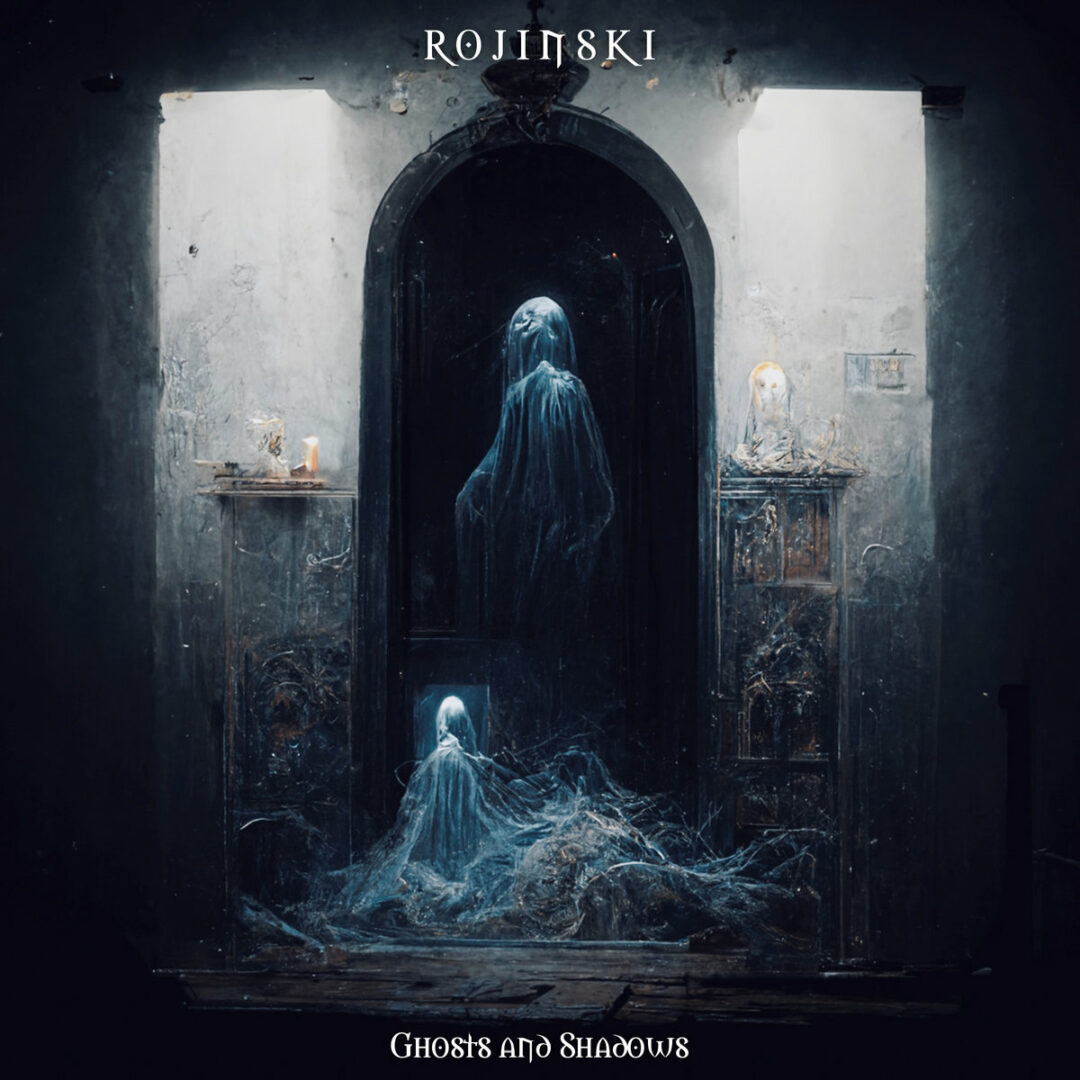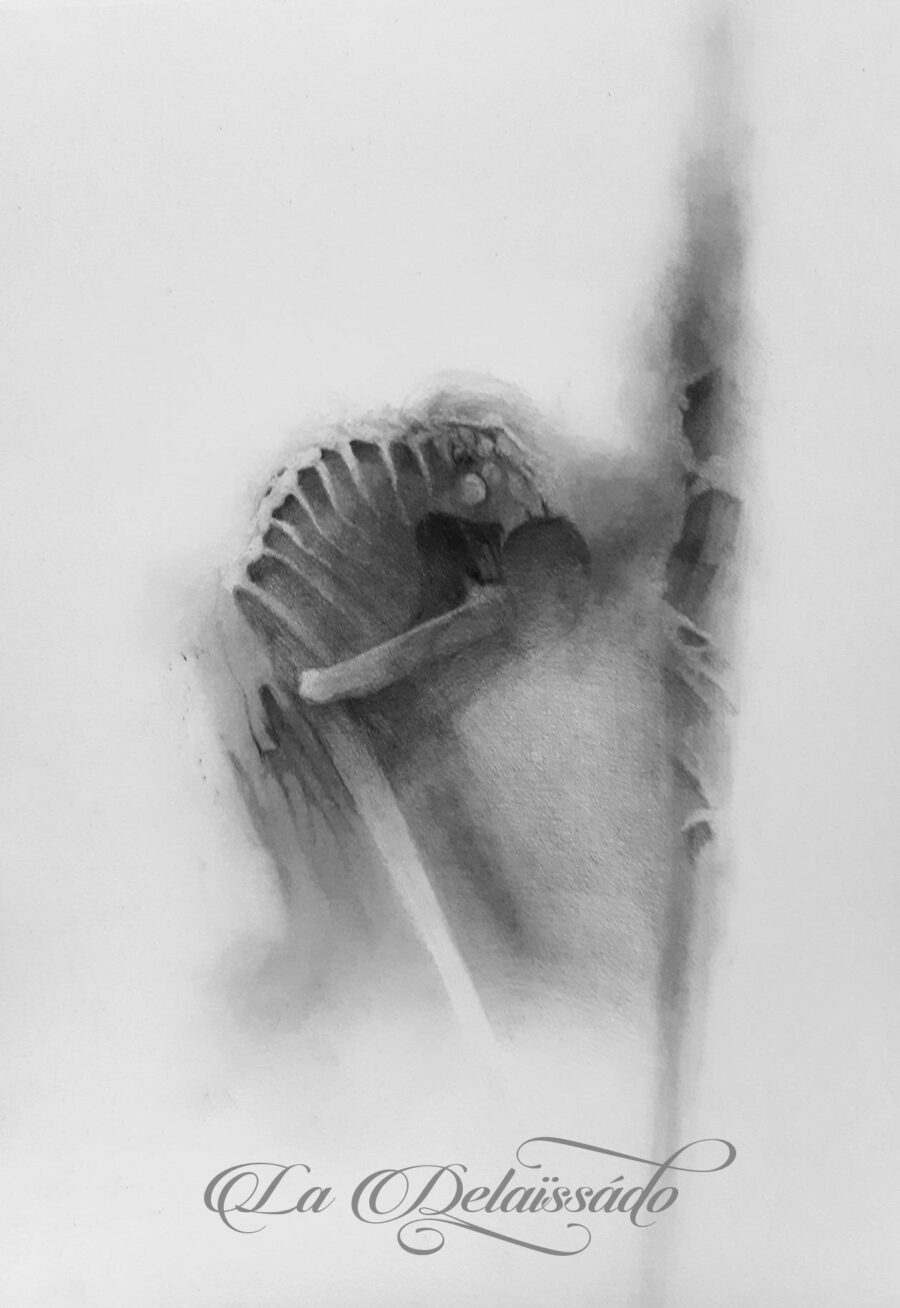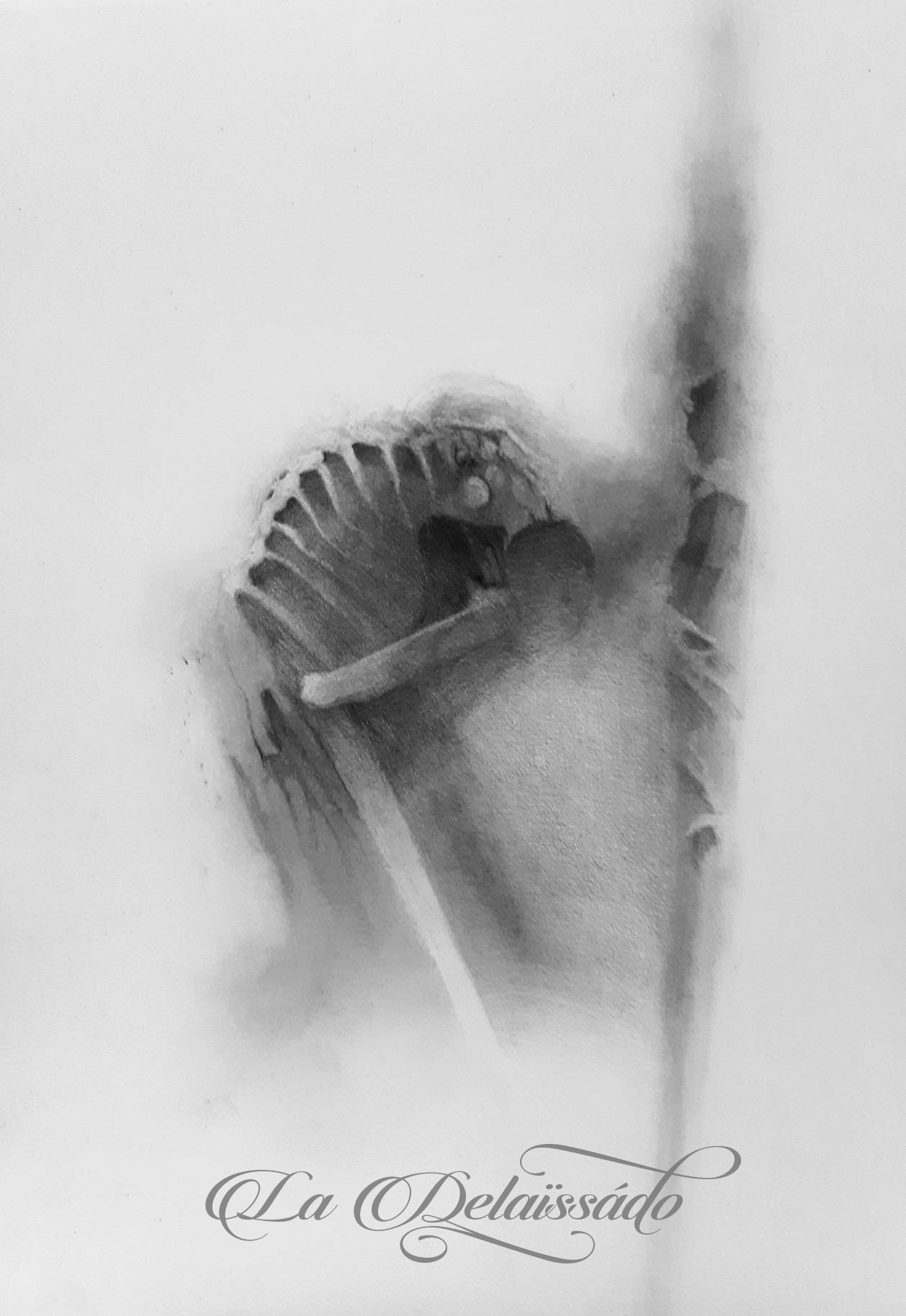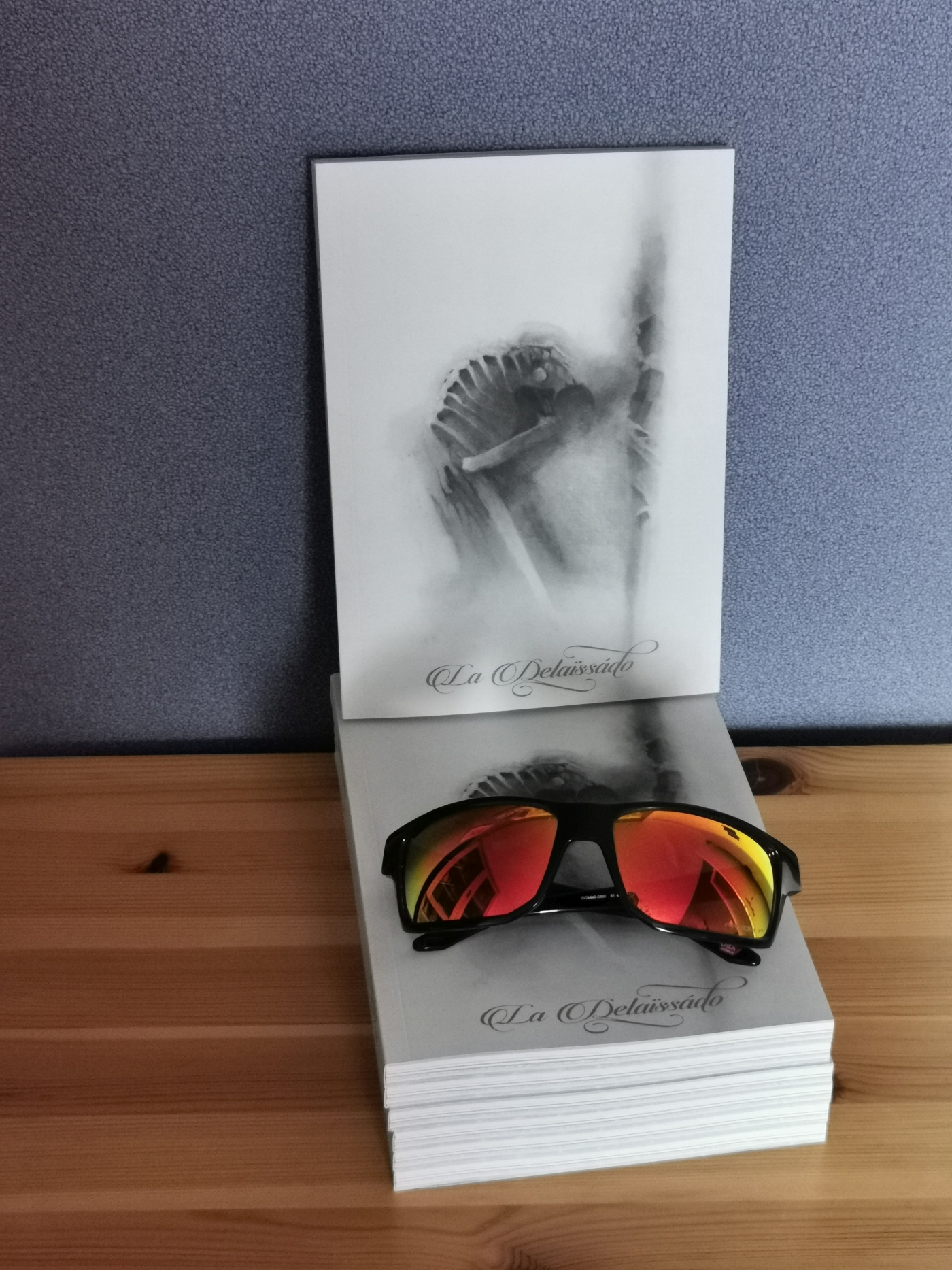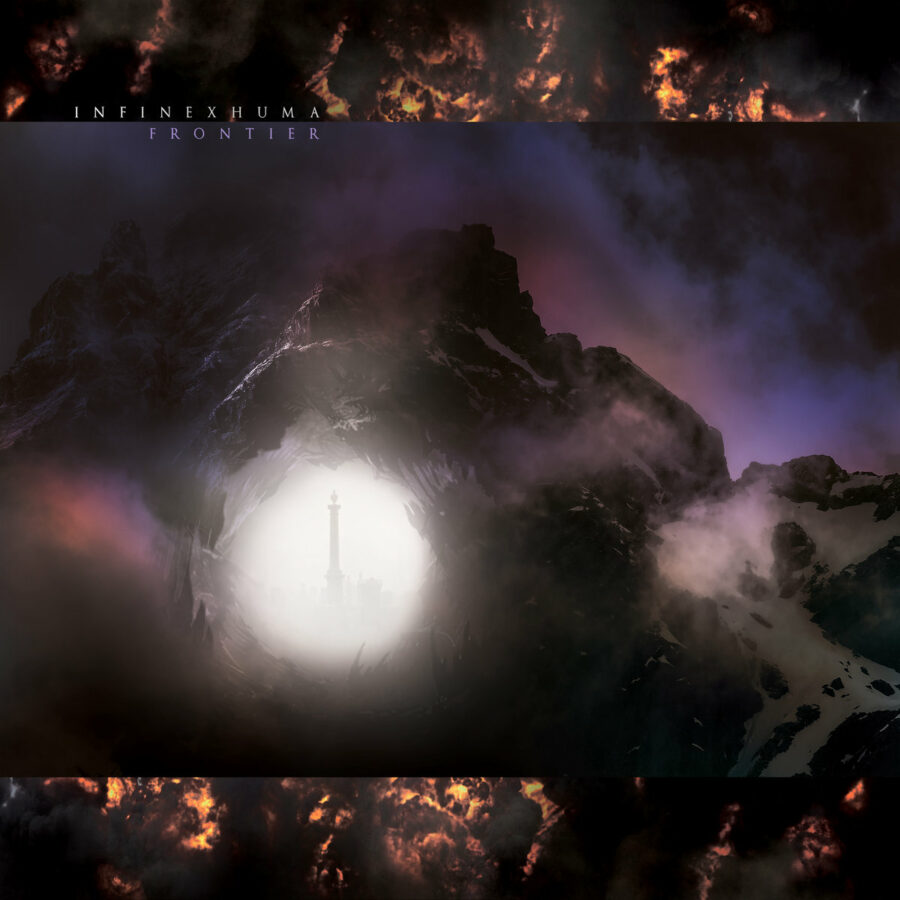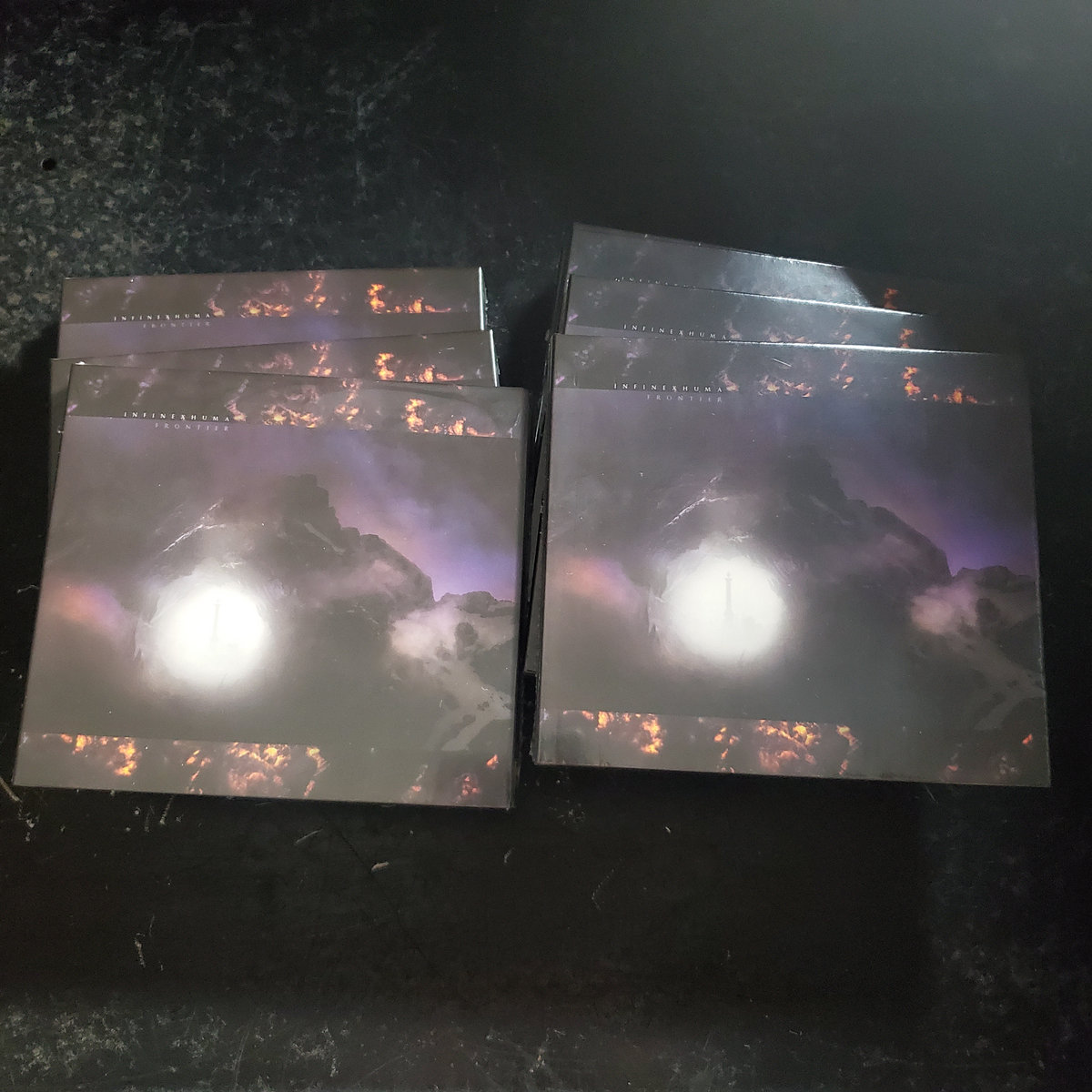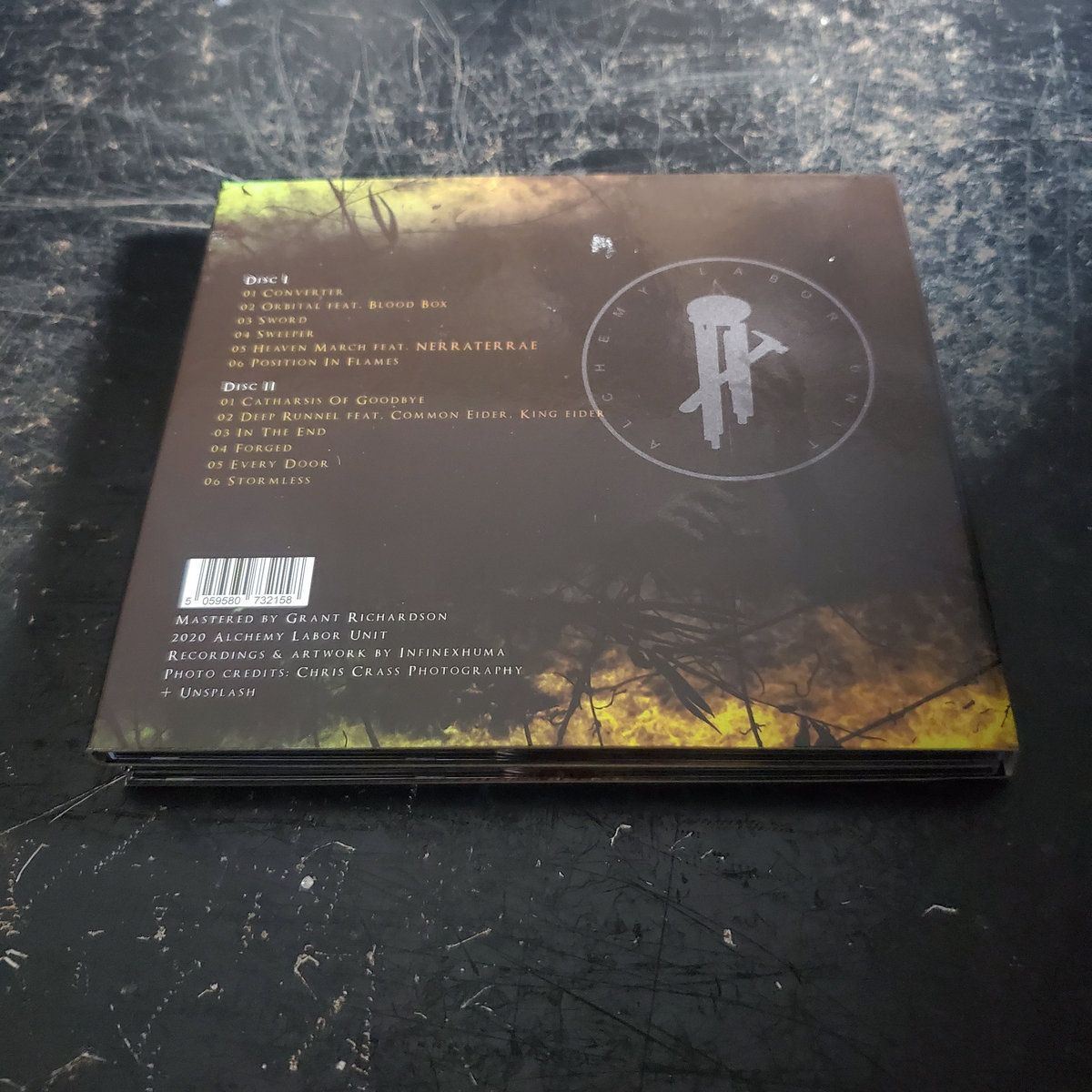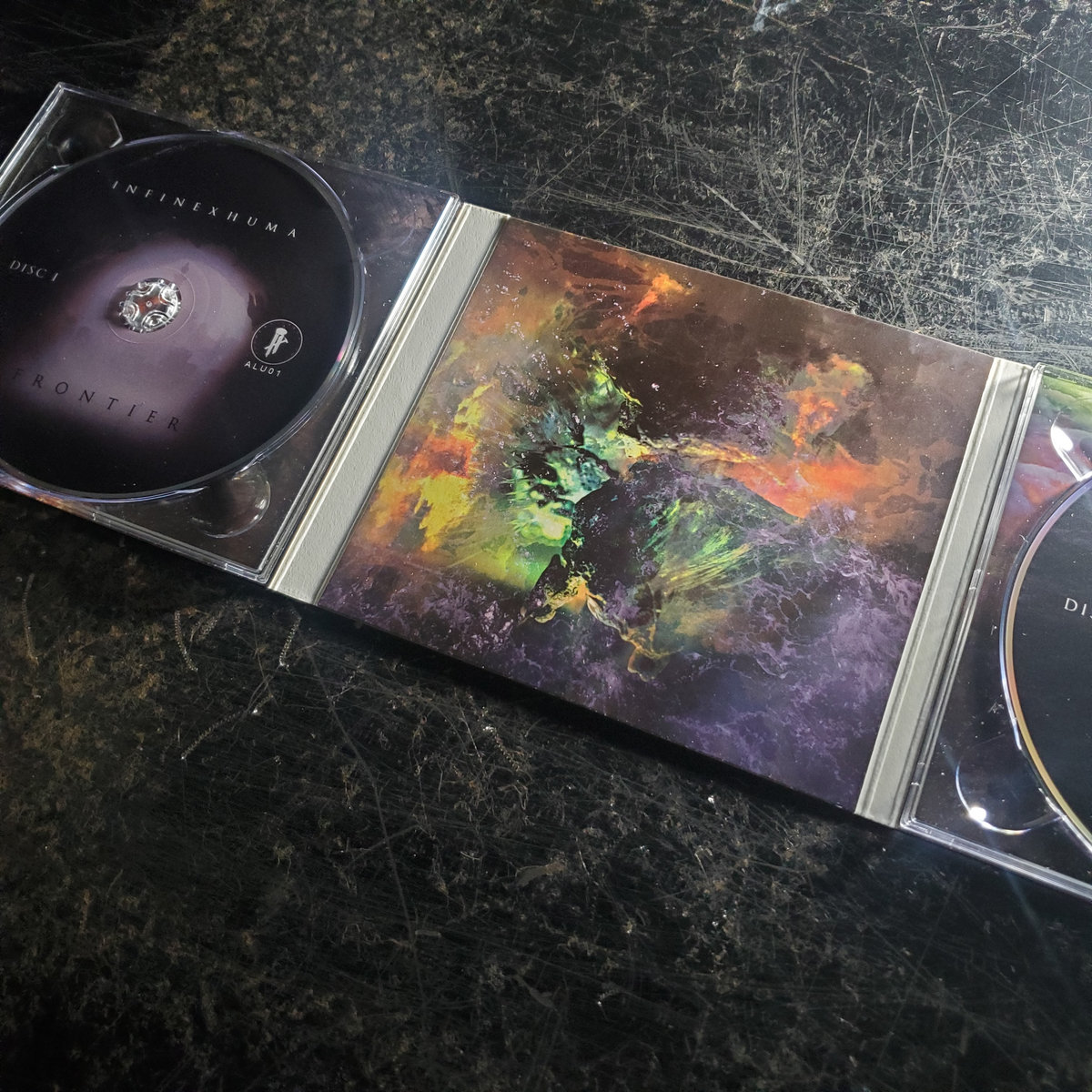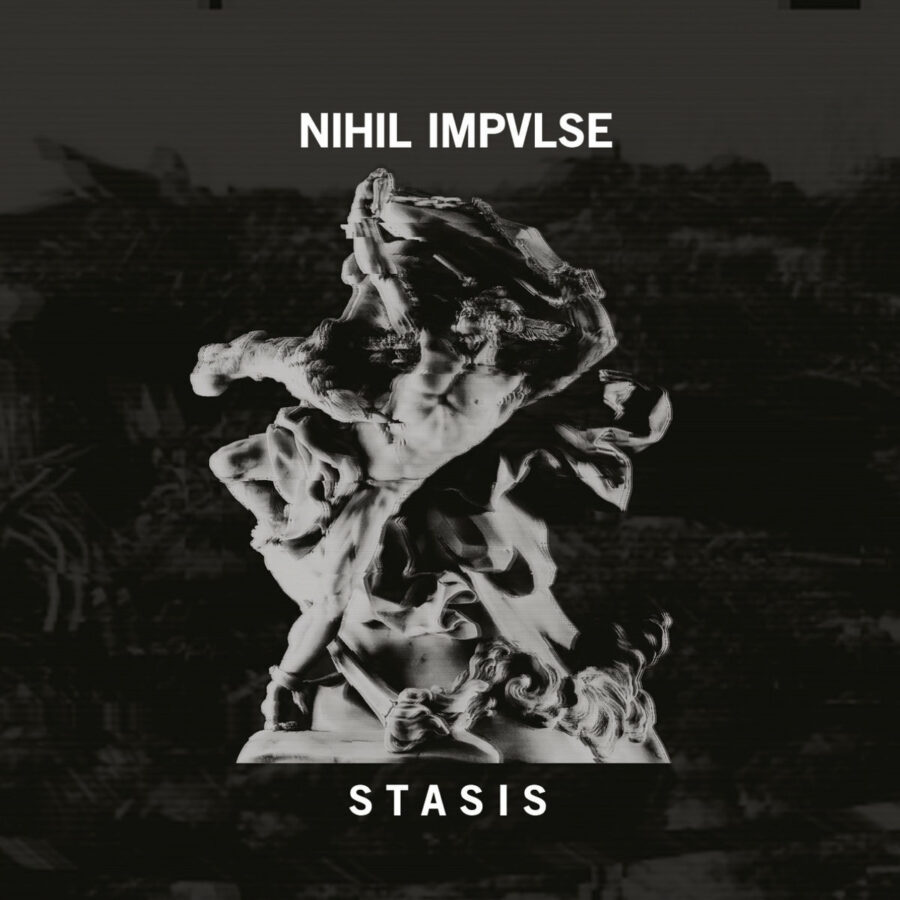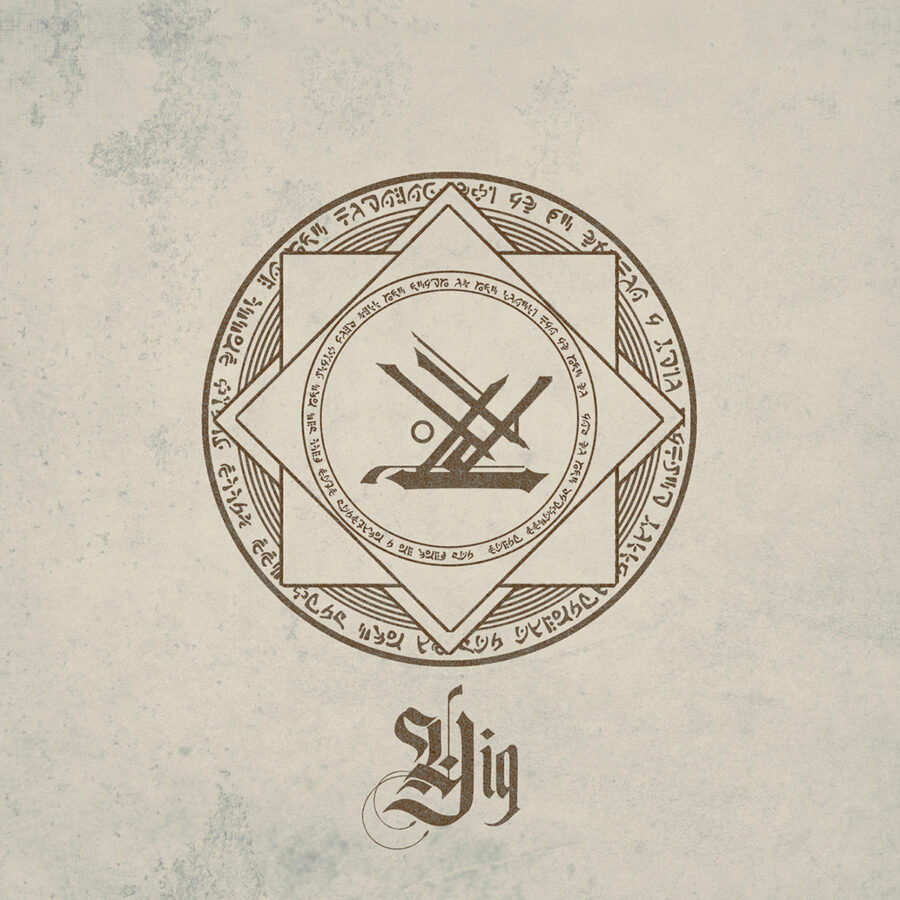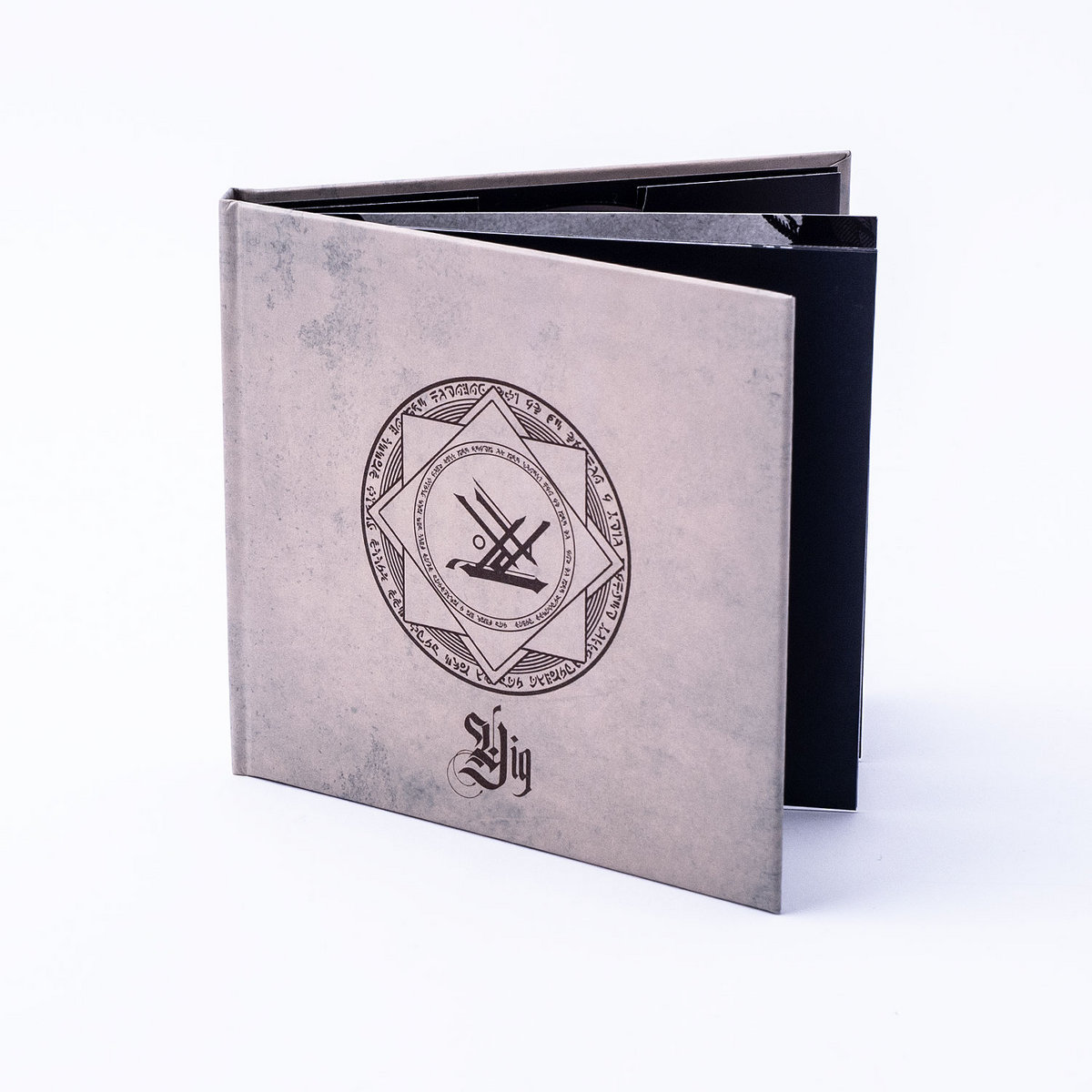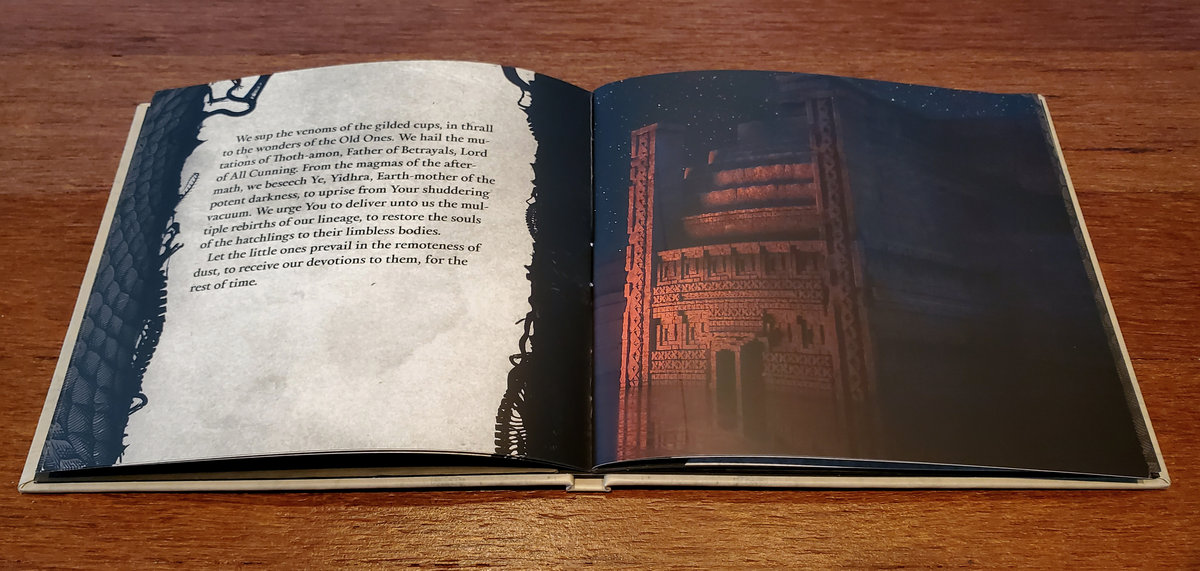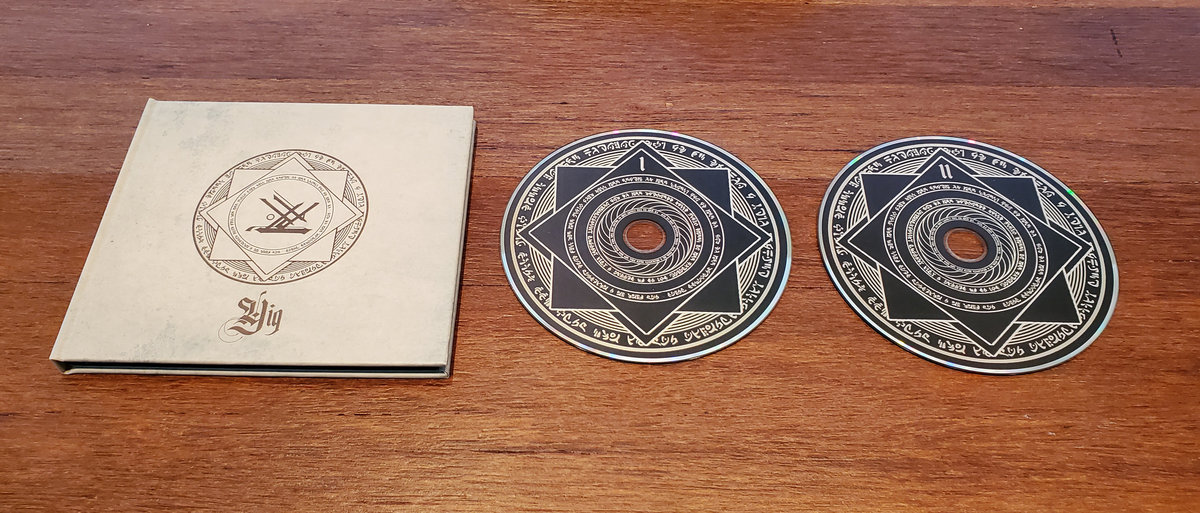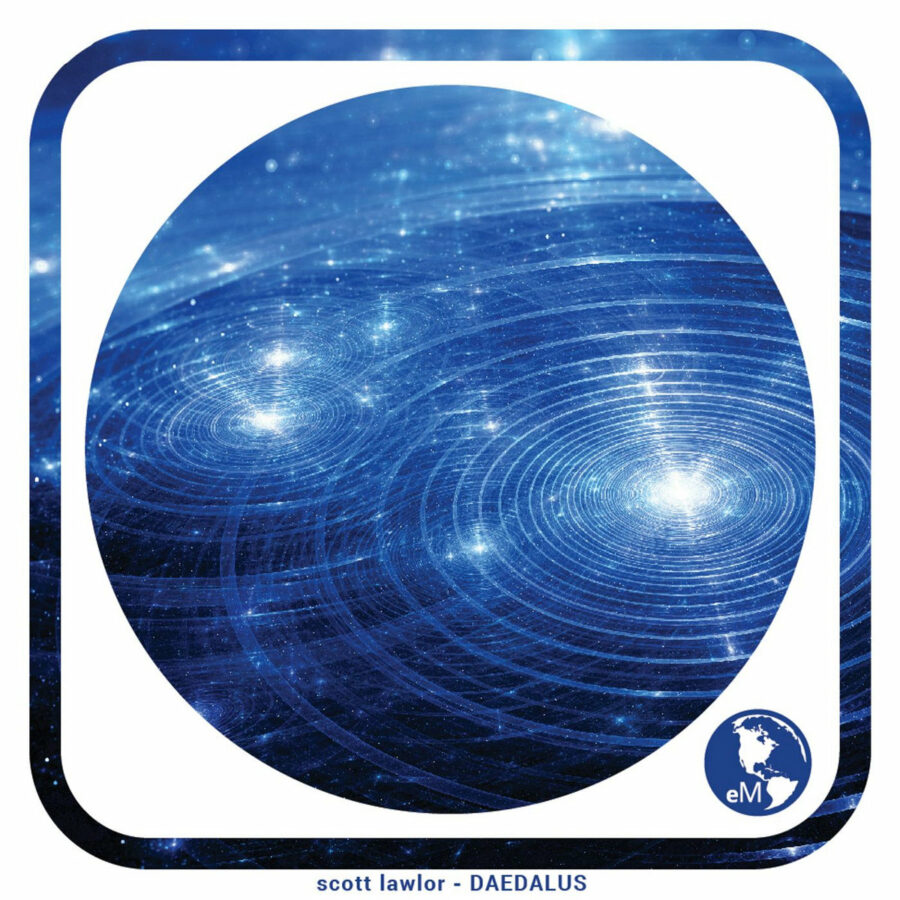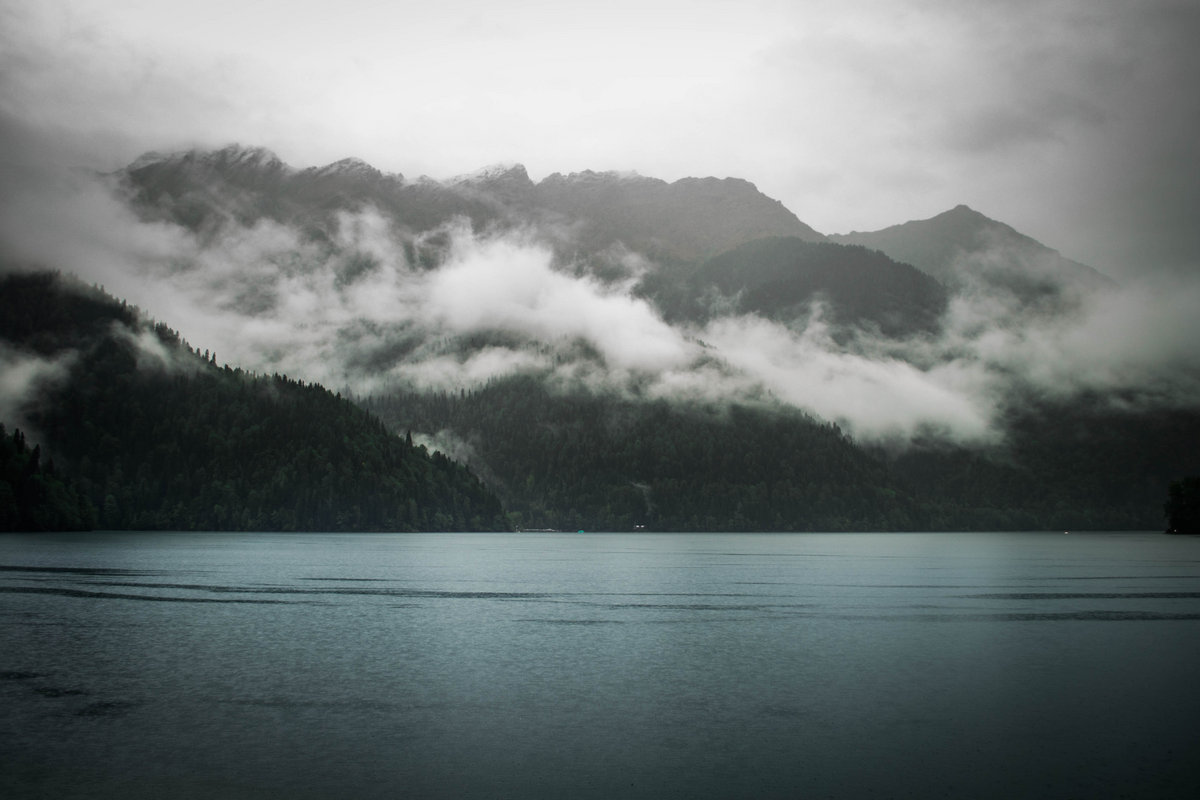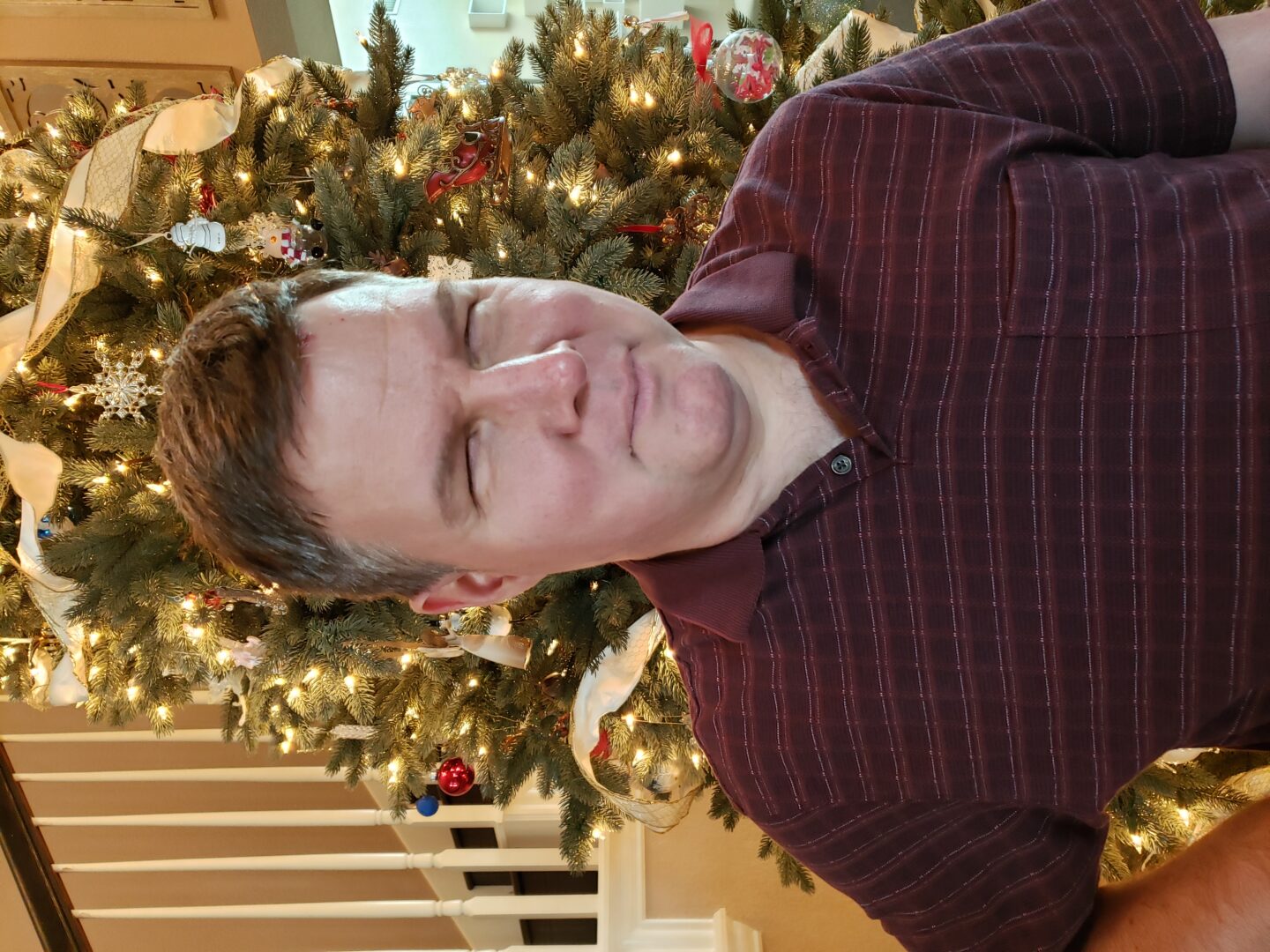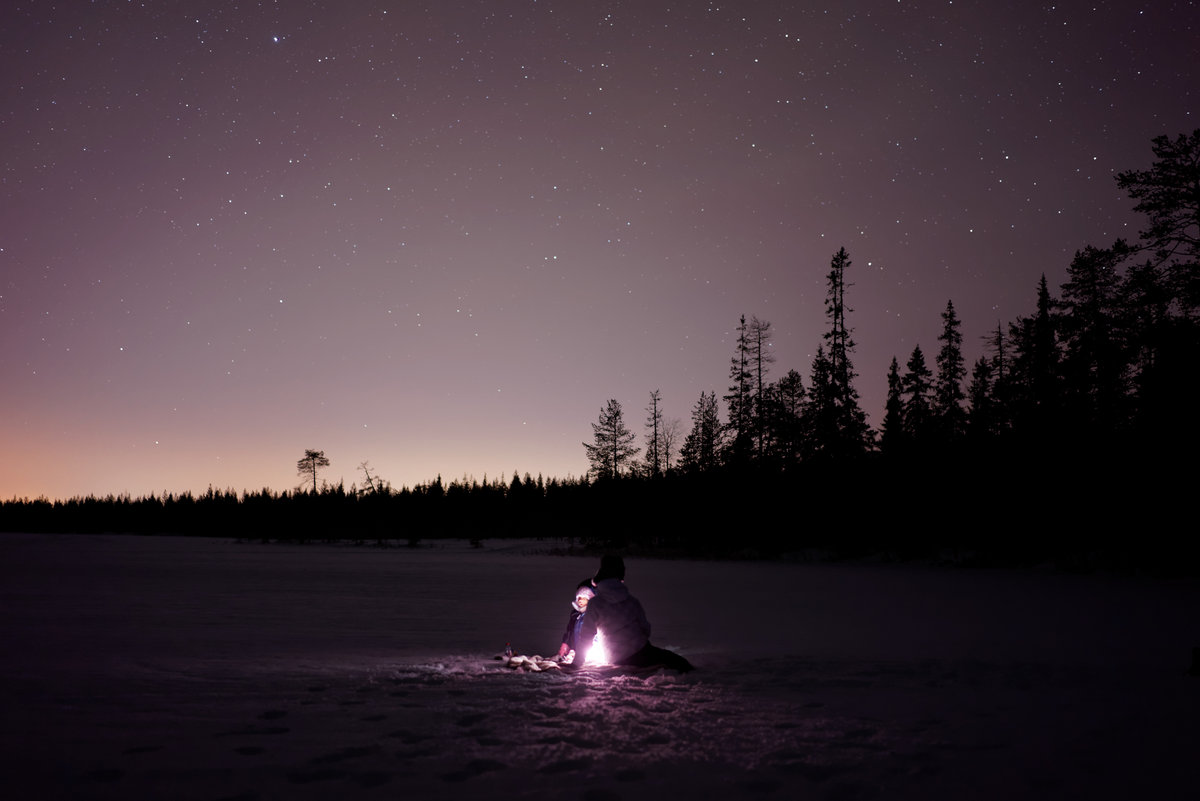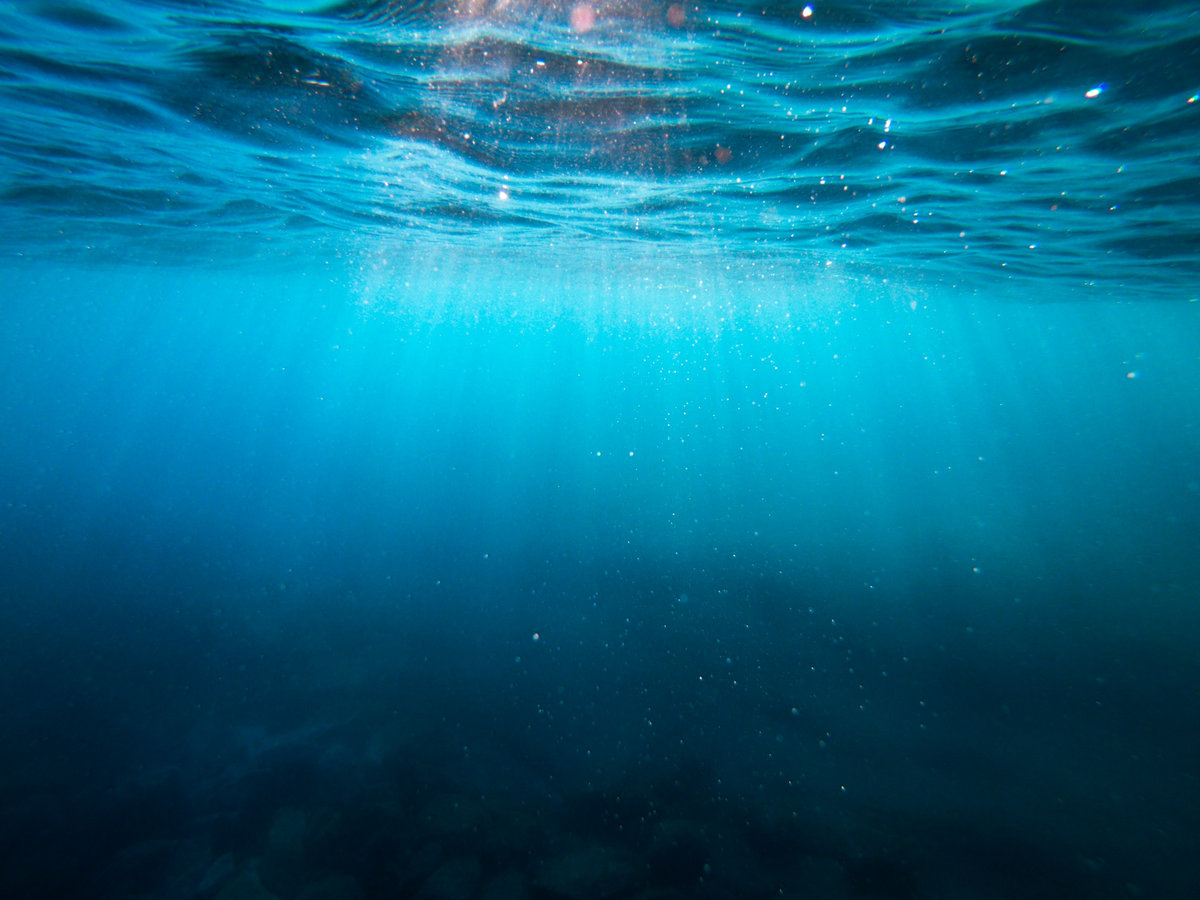I’ve been wanting to speak to CrAwE ever since I first heard his amazing We Have Met The Enemy And They Are Us album. His music is full of dark and brooding dark ambient / guitar based drone that sounds like the soundtrack for the end of the world. I hope you will all enjoy this interview, and consider supporting the artist. He has some great work on his Bandcamp page, which is linked to at the bottom of this article!
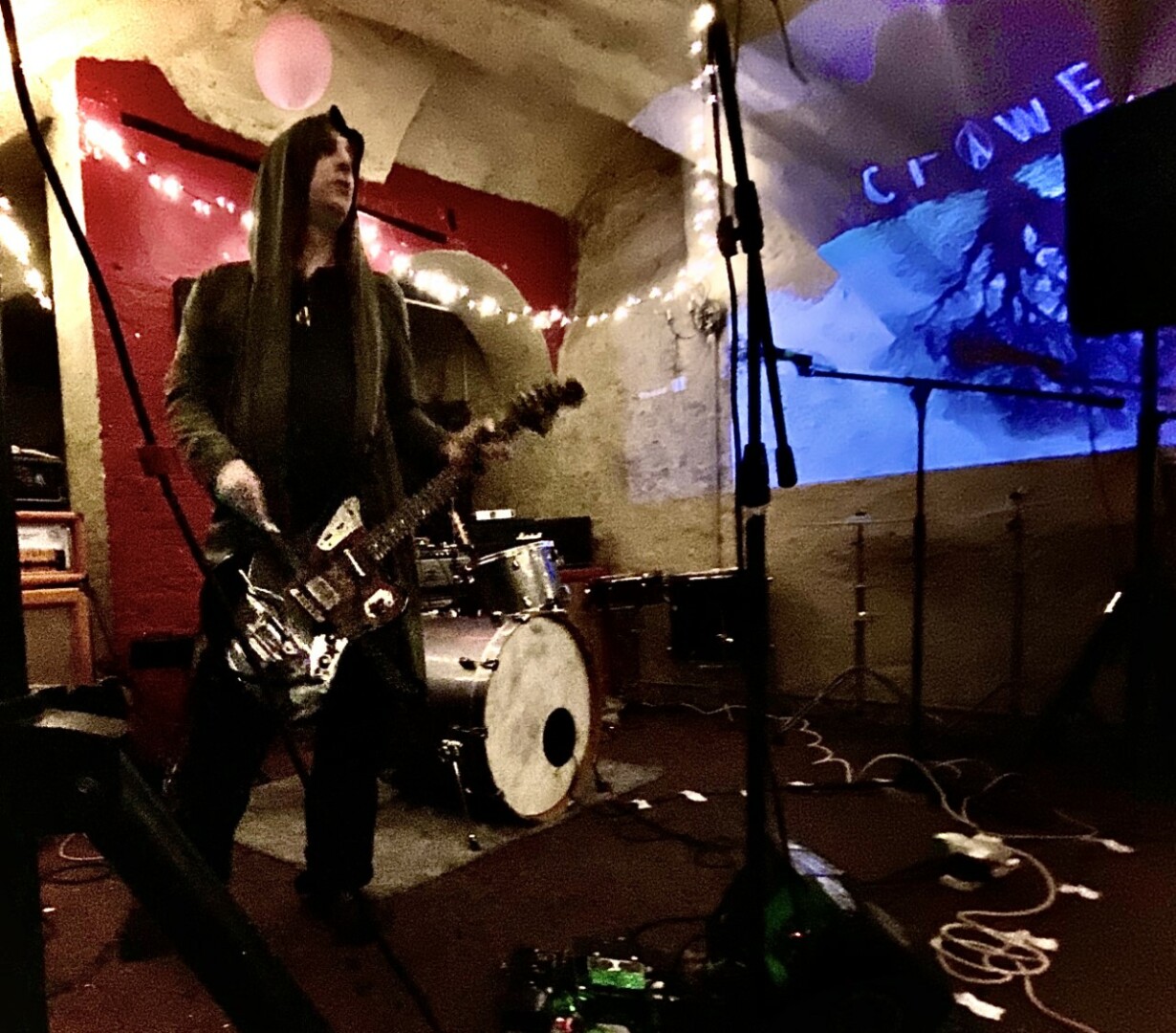
Interviewer: Rich Dodgin
Interviewee: CrAwE
Hi CrAwE! First of all, a massive thank you for this opportunity to interview you for This Is Darkness, and to give our readers a chance to learn more about you and your music.
No problem it’s an absolute pleasure, I’ve followed This is Darkness for sometime and love the community you have built so it’s an honour to speak to you.
Can you start by telling us a little about yourself.
My name is Adam I live in the UK in the east of England in a county called Norfolk. I’m fascinated by sound and the way human beings interact with it, particularly the way sound can be used as a method of escapism and therapy.
For those who aren’t familiar with your music, can you provide a brief overview of your musical project(s) and the music you have released.
I’ve been in a number bands over the years mainly playing guitar or bass since I was a teenager. Most of these bands have tended to be in the noise rock, punk or shoe gaze type end of the sonic spectrum, but I have always been fascinated with the concept of the drone even within these projects. More recent bands have been sugarmouse and NurseOnDuty. Throughout my work with bands I’ve always enjoyed the more soundscape side of things and have tended to be the main song writer, in terms of the music. Around 2015 I moved house and purpose built a home studio/ practice space from the start, with the intention of channeling the money I was spending on studio hire on equipment and learning more about recording. Then as one of my last band projects, sugarmouse started to fade out, I found myself recording more and more on my own which coincided with me massively getting interested in dark ambient and drone. At the same time I was starting to develop new techniques of playing guitar with a cello bow. All these factors came together and I formed CrAwE my dark ambient/ drone project and what was initially going to be a bit of a side project, somehow became my main current musical creative outlet.
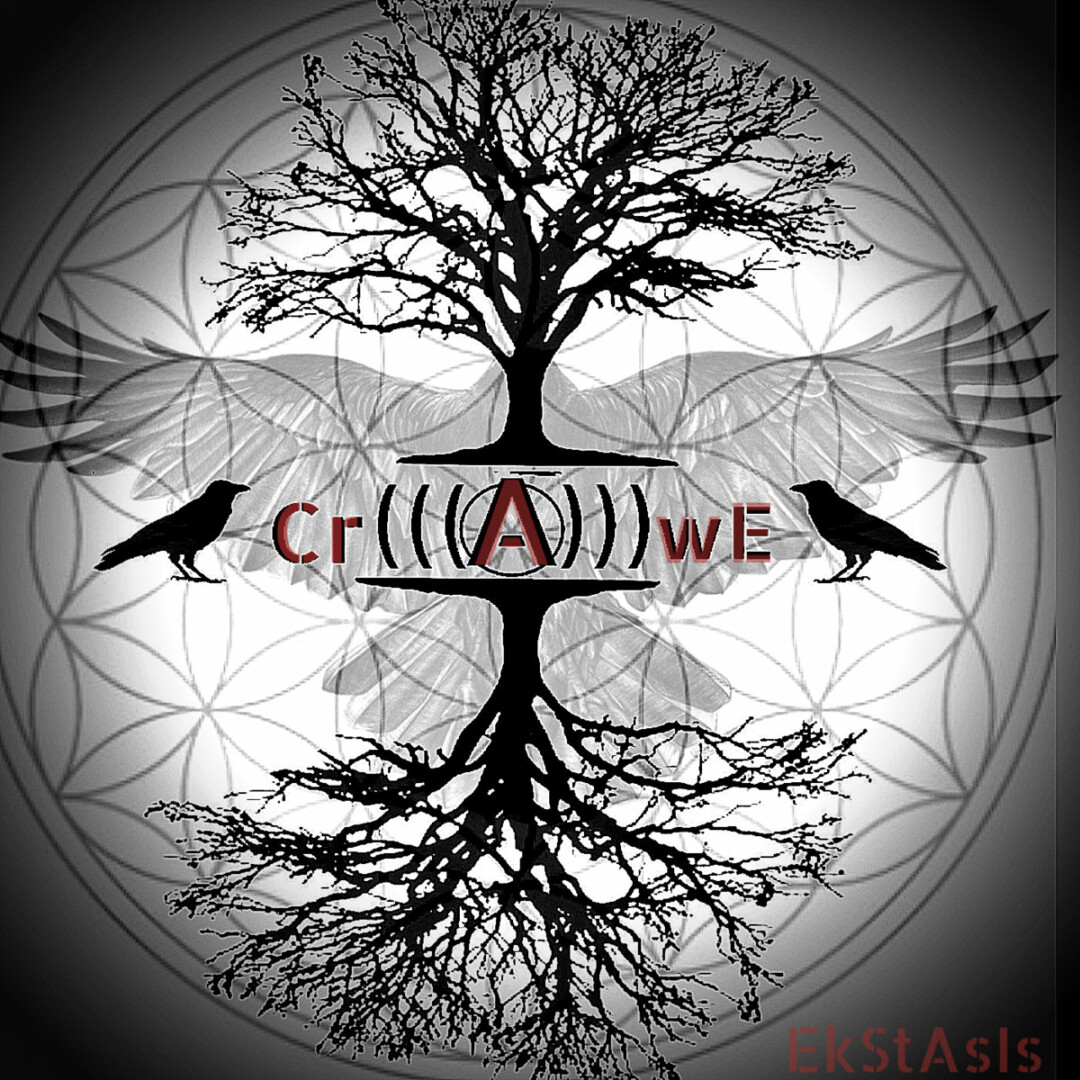
Do you have a preferred approach to creating your music, and what techniques and / or equipment do you use?
Most tracks tend to start via improvisational looping on guitar, which I play exclusively with violin and cello bows in CrAwE. Bowed guitar allows me to work with infinite sustain of notes but also brings the element of the neoclassical in. In the last few years I have got into heavily customising and modding guitars just to play with a bow, to the point I forget how to play ‘normal’ guitar at times now! However as much as the guitar is the sound generator as such, guitar effects pedals and rack units tend to be my main instrument and inspiration. I have been obsessed with effects and their creative potential since I first picked up a guitar as a teenager, and turned up my amp full, to make feedback and weird noises and to try pretend I was in Sonic Youth or something.
Once the skeleton of the track is there with the guitars, it then tends to be about adding layers of synths, field recordings, more guitars etc where ever inspiration takes me, and a track tends to take shape as loops form on top of loops.
The wider inspiration to create can come from a number of places from reading a news article, a picture, going for a walk and being in nature or even an emotion or feeling.
Do you have a particular personal belief system, or outlook on life, and if so how is that reflected in music?
Politically I’m certainly left of the spectrum! and I certainly identity philosophically with anarchism and communities and individuals ceasing control of their own destiny through mutual aid. I’ve worked in public services with the most vulnerable members of our society for the majority of my adult life. Sadly I have had to witness first hand the pain and suffering money, capitalism and greed cause to so many people. So sadly I can’t help but not be inspired by these experiences and often being creative and making a piece of music or art is the only way I can make sense of and process some of the horrible things that take place in world.
I am also incredibly fortunate to live in a really beautiful part of the UK, so going for long walks with my dog is my way of grounding myself. Observing the sun set through the trees or the waves crashing against rocks on the beach, have a huge impact on me. More and more I have been reflecting on the importance and beauty of all life on this planet, and the importance of not having a human centric view on everything. There is nothing more humbling and inspiring than the beauty, majesty and power of nature. Getting into nature making field recordings and taking pictures, observing the landscape around me has become hugely inspiring process more recently, but this is always in contrast with sadly often the more darker human and ultimately economic impact upon these things.
Do you perform your music live? If so, how do you find that experience, and do you prefer it to studio work?
I do perform live, it tends to come in batches as these days I’m pretty rubbish at going looking for gigs and I only tend to play live when directly requested to do so by someone. I both really enjoy and absolutely hate playing live in equal measure!
When it goes well there is no better feeling of having a wall of cranked amps behind you and feeling the vibrations of the sound through your feet, however using tons of equipment has resulted in some stressful moments over the years. Particularly when playing with bands, on hideous crammed five band pile up nights in the past, often with ignorant promoters profiteering off you with no understanding or respect for music, not so fun. Drone/dark ambient/ experimental nights or those put on with a true DIY spirt and passion for music, tend to be far more chilled affairs and far more enjoyable to play. People put on these sorts of nights because they genuinely care and are passionate about the music, rather than for individual profit or popularity. As a result you tend to get a real sense of community and mutual respect running through the event and that’s when it’s fun. Those types of nights and DIY venues and spaces seem to be on the rise again more recently, which is awesome to see, so I may be lured out of my studio more! However, ultimately what I most love, is being locked away in my own studio lost in the creative process.
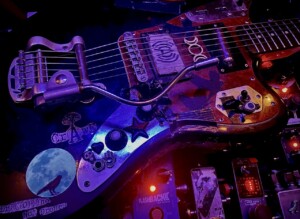
Can you tell me about your own journey of musical discovery and experimentation? How did you discover / fall in love with ambient / dark ambient / drone music, and how did your creation of music develop over the years?
I’ve always had a love of the drone and soundscapes even before I really knew what they were. When I was a young kid I was obsessed with sci-if movie soundtracks. One of my earliest memories was nagging my parents to put on the War of the Worlds on an old reel to reel player. I was just in love with those spacey noises and atmospheres, but hated the singing parts, I wanted the soundscapes to get lost in! That love has carried on through my life and one of the albums that inspired me most recently was Hans Zimmer’s recent Dune sound track. When I look back through the years I’ve always loved anything with a sense of repetition and escapism, walls of noise you can lose yourself in. Sonic Youth and Godspeed you Black Emperor! were my gatekeepers as a teenager, music was not so available online then, so it was all about reading interviews and then trying to track this wonderful stuff down via public library’s or ordering things into local record stores blind. I have always obsessively collected music. Then as the whole world of everything became more and more available online, and you could grab some obscure Japanese’s noise record or a krautrock band from Ecuador or whatever you want instantly, this only kept expanding. Now with the era of Bandcamp I love it that musicians can circumvent navigate away from the clutches of the mainstream music industry, and musicians and tiny labels can send their music out all over the world with ease, though some days I do miss the thrill of the chase, searching every charity shop and record shop I could find, in hope of finding one of the ‘mythical records’ I had read about but never heard, whether that was Brian Eno or Crass.
My love of dark ambient and drone really took off when I started playing that type of music personally and the more I went down the rabbit hole the more I enjoyed it. I have always loved the abstract. When I painted I was always driven by the concept that I always enjoyed art more, that didn’t hand everything over to the viewer and left space for creativity and imagination in the viewer. I would rather have a Rothko on my wall than a Constable painting, because there is always something new to see and interpret, a new perspective I have never seen before, where as a landscape painting becomes quickly boring to me. Dark ambient and drone music is the aural equivalent of that for me, it leaves space for listener to engage their own creativity and imagination rather than being a passive consumer, 100 people can reach 100 different interpretations and they are all correct and valid. This concept connected with me instantly and I’ve never looked back since, and although I listen to and love a wide range of music still, that space for imagination makes ambient or drone music my primary love now, I couldn’t imagine it not being in my life, both to listen to and to create.
Are there any particular musicians who have inspired or influenced you?
As mentioned Godspeed You Black Emperor! and their associated projects have been inspiration for a really long time. But the list is endless really, I love Stars of the Lid, Brian Eno, Sunn o))), Atrium Carceri, Northumbria, Thisquietarmy, The Star Pillow, Ashtoreth, loveliescrushing, Earth and lots of ambient drone’y stuff people might or might not expect me to listen to from hearing CrAwE, they are all huge inspirations and continue to inspire me everyday but I am equally inspired by lots of punk, hip hop, doom, dub and other varied forms of music, basically most things made with genuine human emotion, energy and passion, those things can’t be faked, although lots do try, sadly!
I also love soundtrack composers as mentioned the less commercial side of Hans Zimmer, but also John Carpenter, Hildur Guðnadóttir and Johann Johannsson they are all massive influences, I love that skill of creating an imaginary landscape through sound. In fact working on soundtracks or video game music would be my dream job! In terms of stuff people may not of heard of as widely, I highly recommended Kaya North, Dhyana, Pool of Light, Jettenbach & Dragon, Opollo, Inner Demons Records releases, Hycnth, The Owl and Owlripper releases these all deserve far bigger profiles than they have currently, and are all on bandcamp, go find them!
How would you describe the current state of ambient / dark ambient / drone music?
Really healthy, as I mentioned the era of Bandcamp and online music has massively expanded accessibility for all. I love that you can grow up now in the middle of nowhere in a rural area and still have same access to experimental and more niche music as someone living in a big city and that only has to be a good thing, in terms getting the music out there, but equally inspiring the next generation to create. I think the pandemic, lockdowns but also an increased interest in mindfulness and mediation have also increased a wider interest in more ambient type music and opened that world to a wider audience compared to say even a decade ago.More people seemed to embrace the concept of actively listening to music and bands like Sunn o))) are selling out big venues now, which again has to be a good sign particularly in an era of such rapid disposable culture, however, it would be nice to see ambient and drone music being picked up more on a regional live music level and not just in the bigger cities, but this might just be my own little echo chamber.
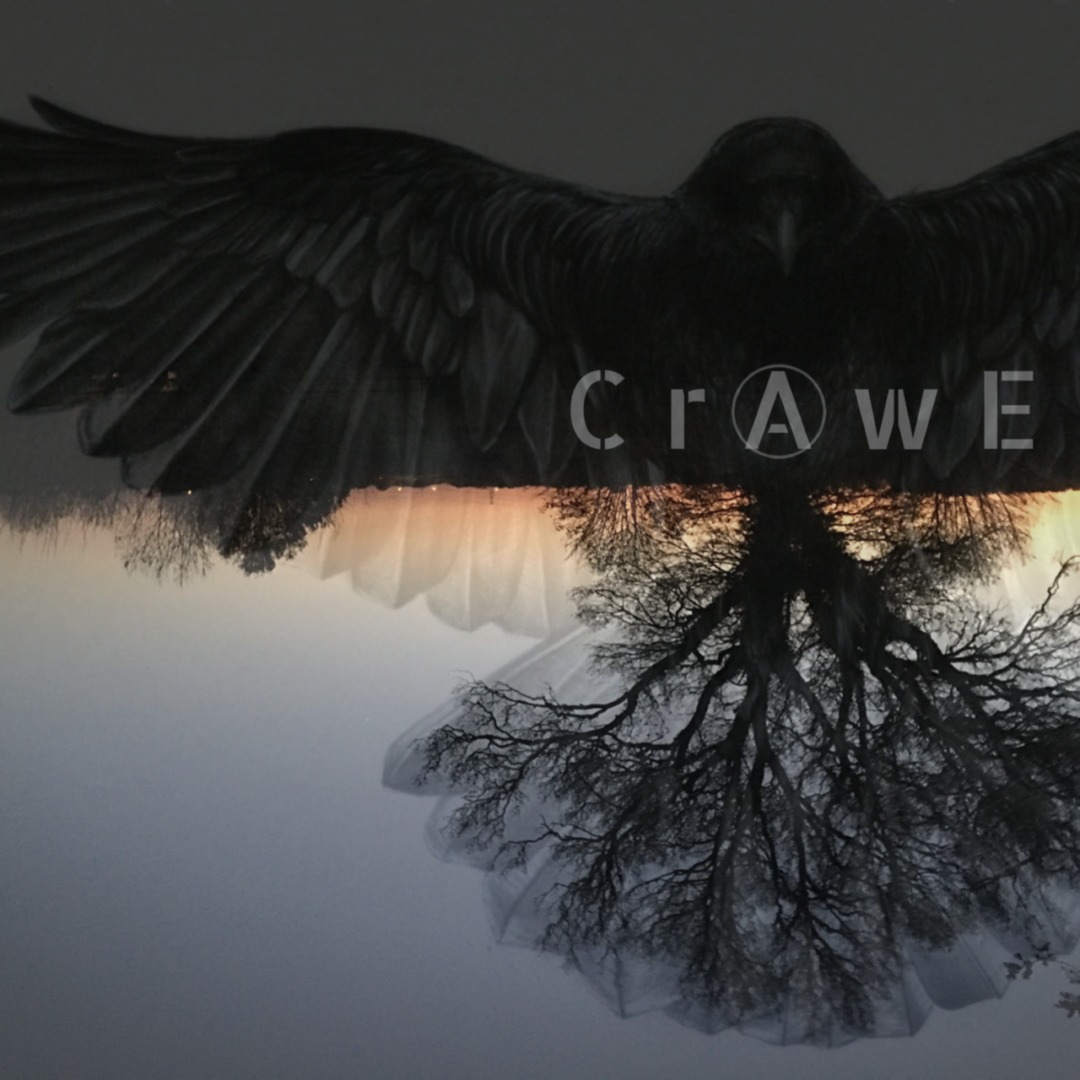
What are your future musical plans?
Write, record and release lots more music as always, the next CrAwE LP is well on to the way of being finished already.
Hopefully I will force myself out of the studio more and play more live gigs. I also have a number of potential collaborations lined up and will be maybe expanding my live sound by adding other musicians, playing with others in turn normally increases my own creativity. After working almost completely on my own with no outside perspective for 6 years and 8 albums and an EP later, I know it will do me good creatively to do so. However working completely solo has been a really important stage, in terms of understanding myself and my own creative approaches in greater depth without outside influence, and I will therefore continue to do this as well.
Is there anything else you’d like to share with our readers?
Be kind to each other and other living things where you can, it only takes few seconds to stop and think “be kind”. Try to find space in your day just to actively listen to the sounds around you, inspiration is all around us and anyone can create. Also try to find time to support small scale artists and labels, even if that’s just a ‘like’ or comment on social media or simply sharing with others and telling them about what you have discovered.
Thank you so much for your time Adam !!!
No worries it’s been an absolute pleasure.
CrAwE Links
